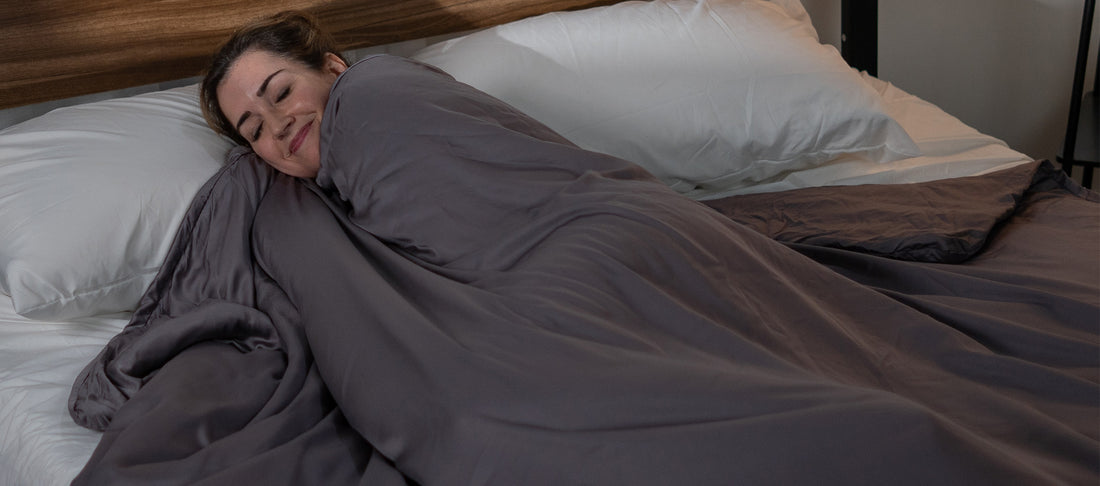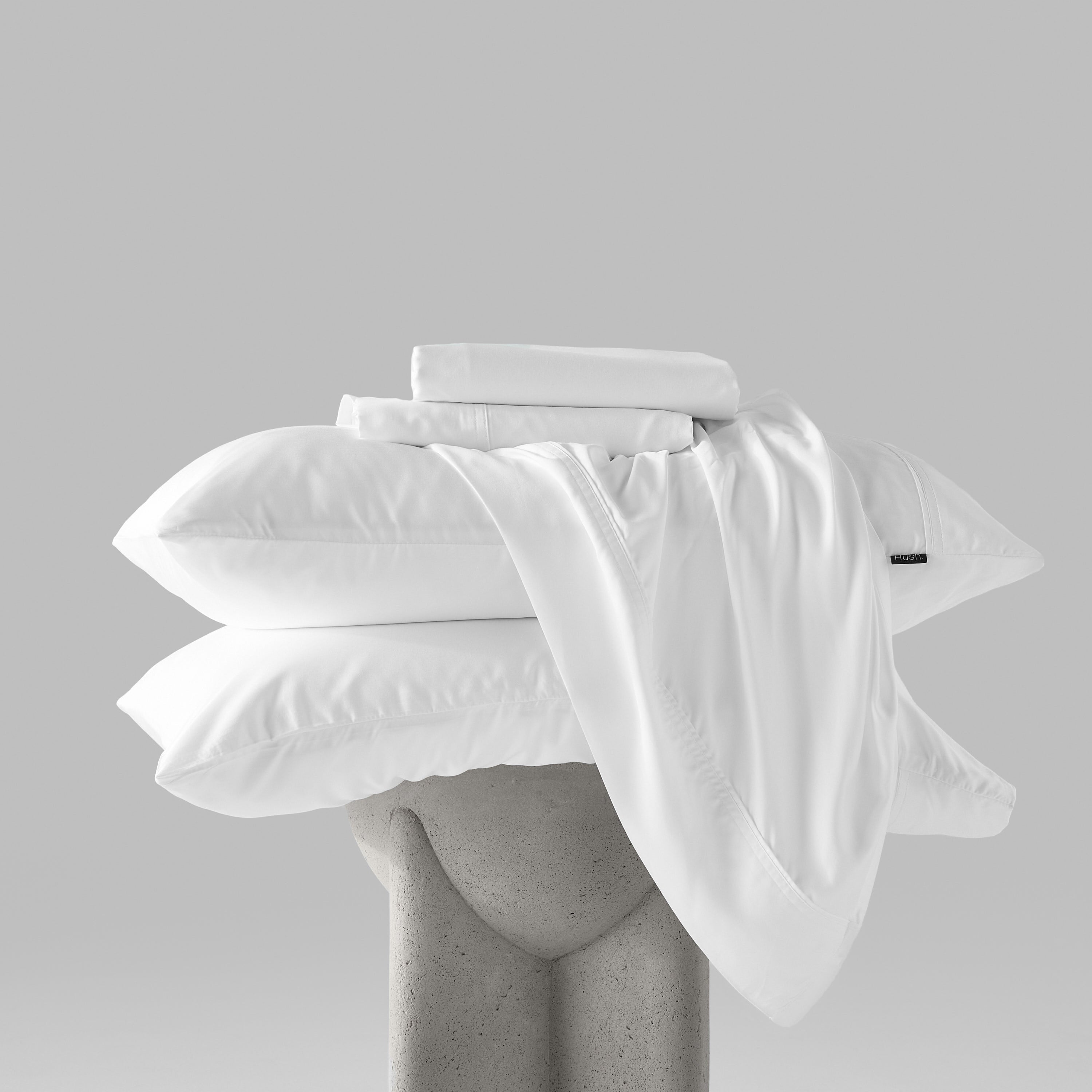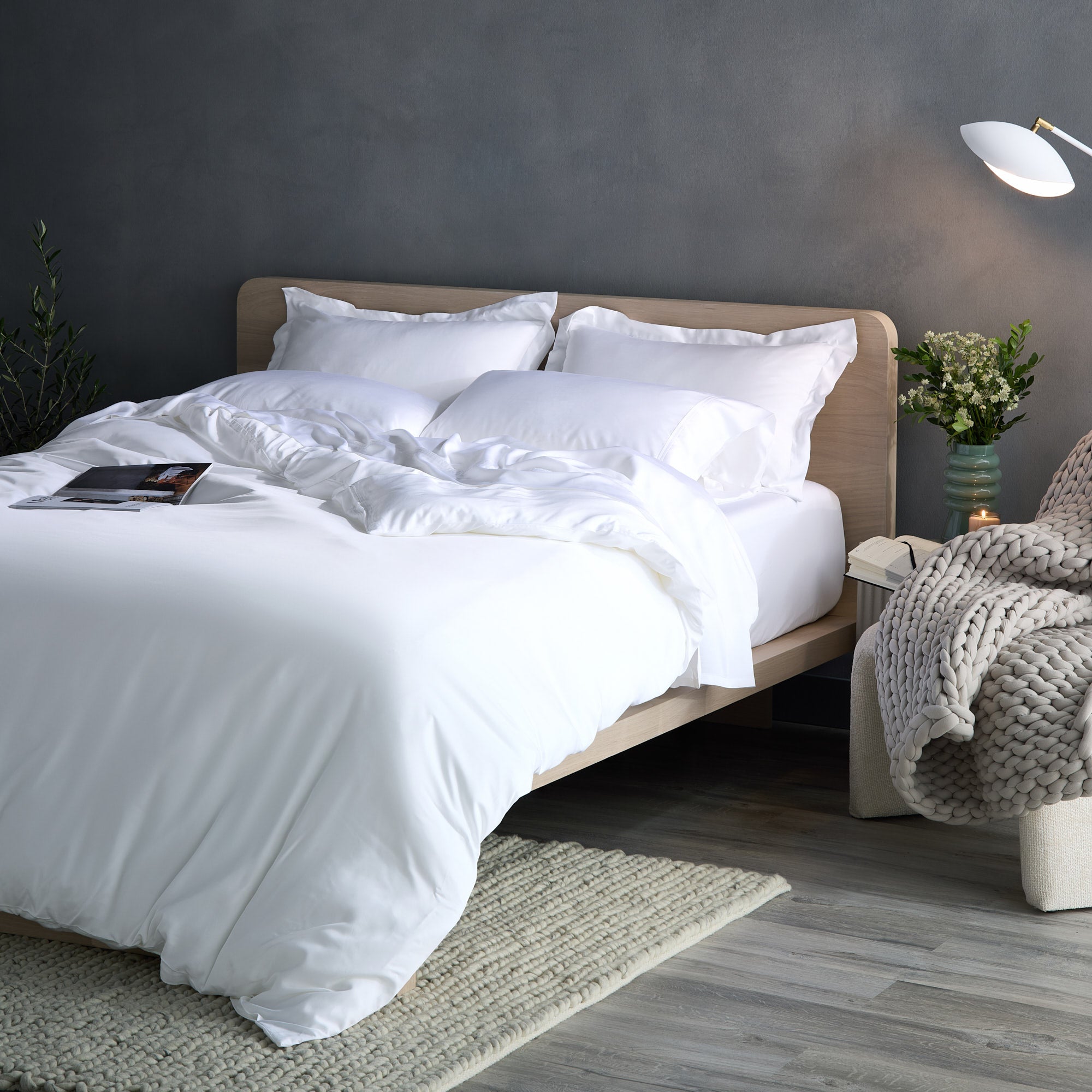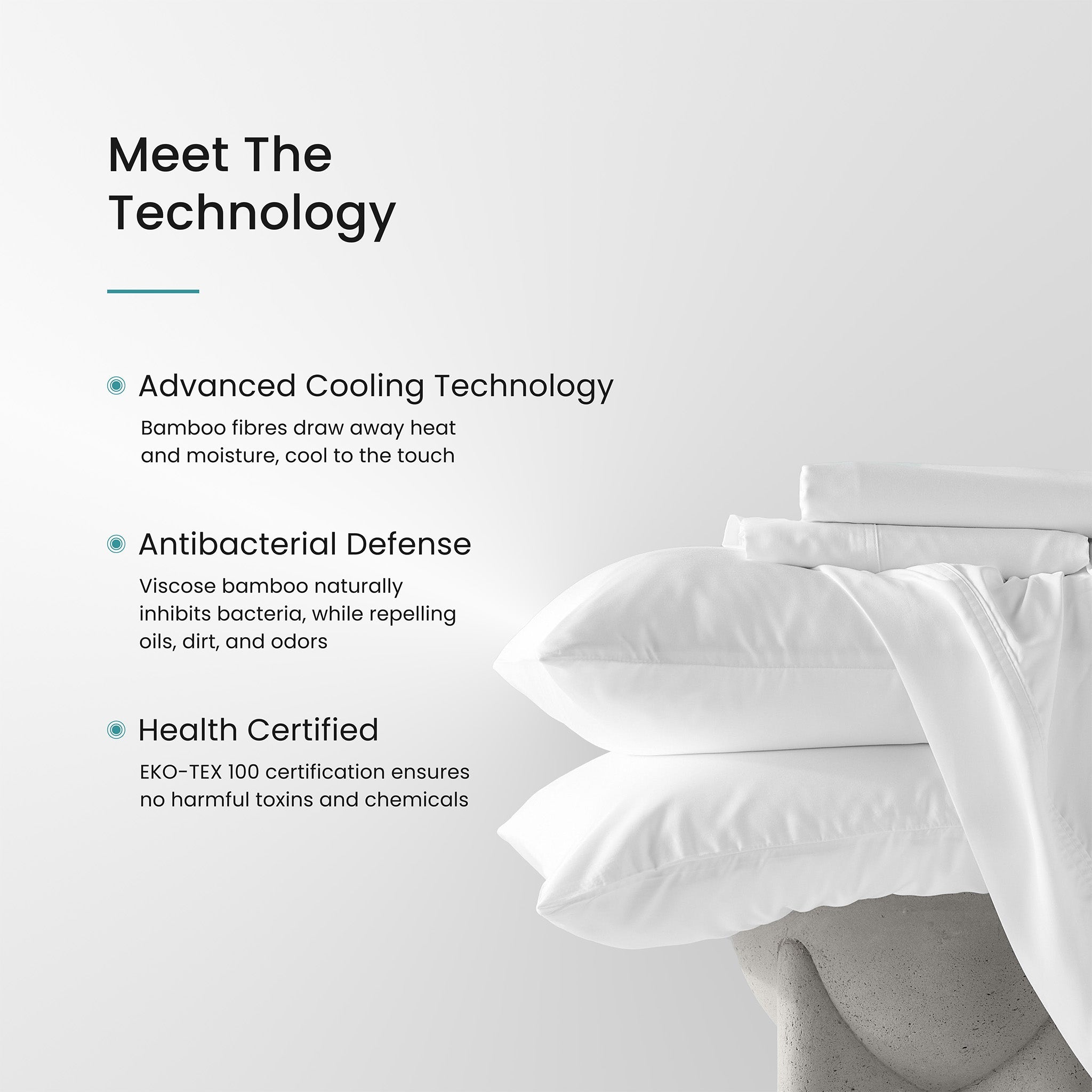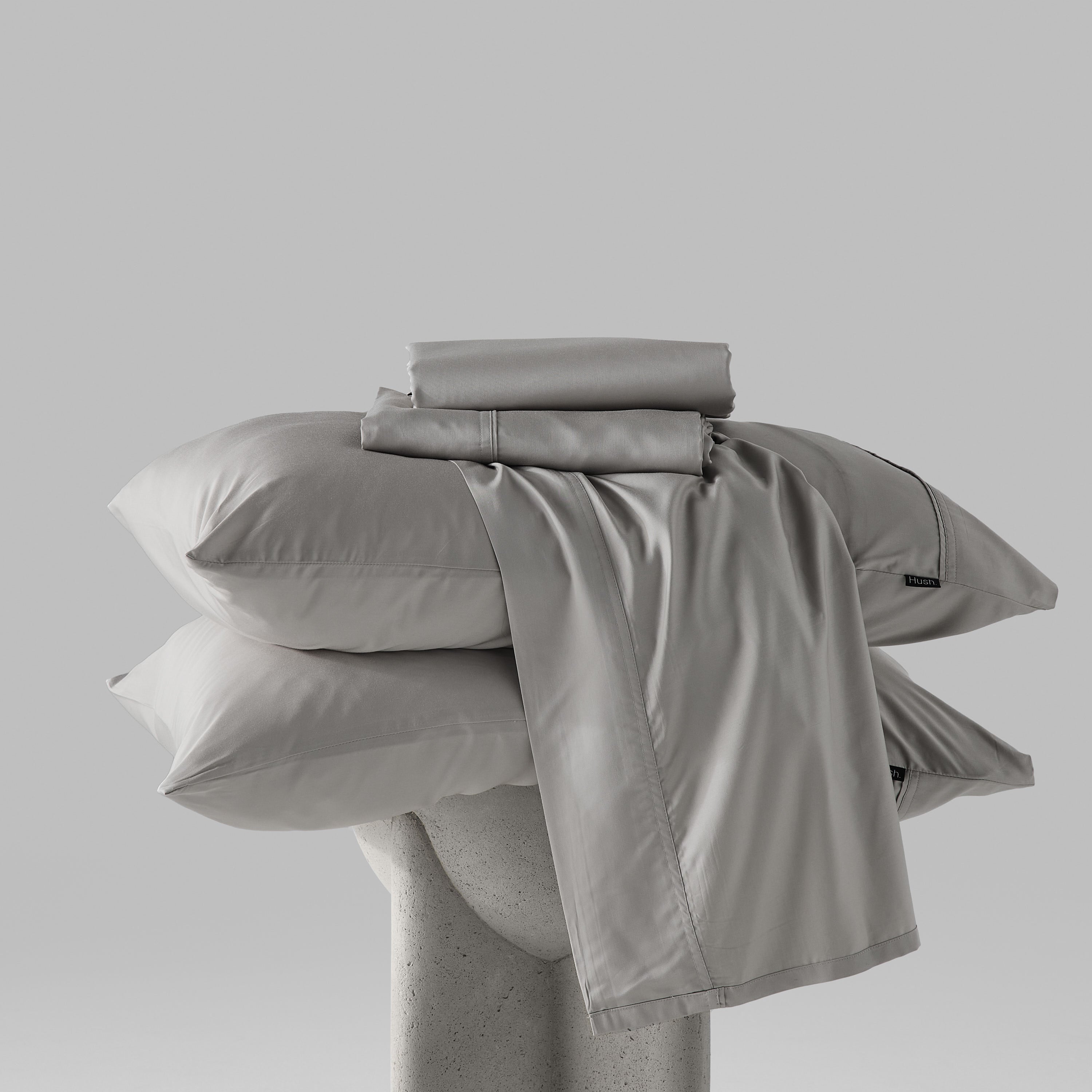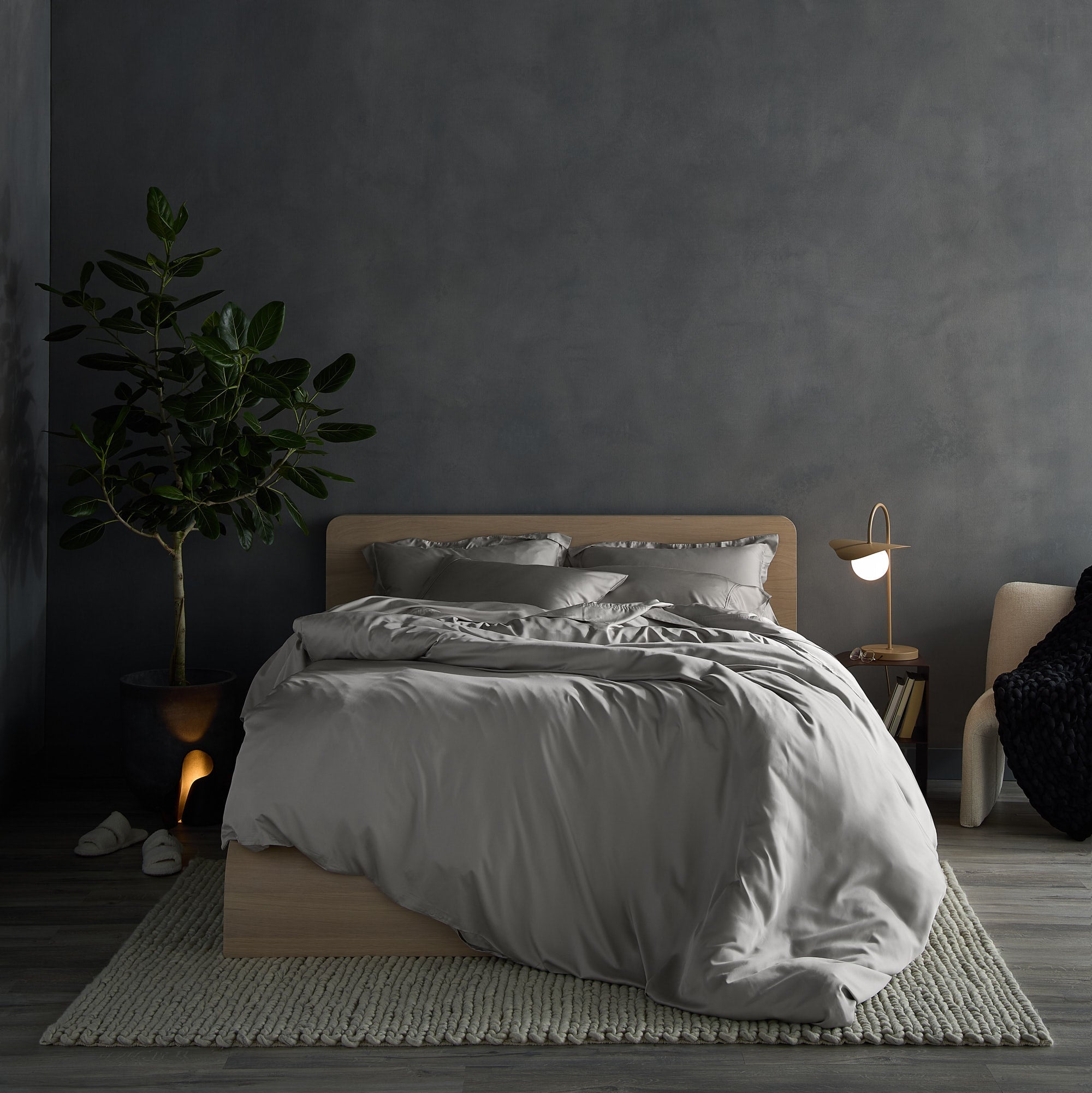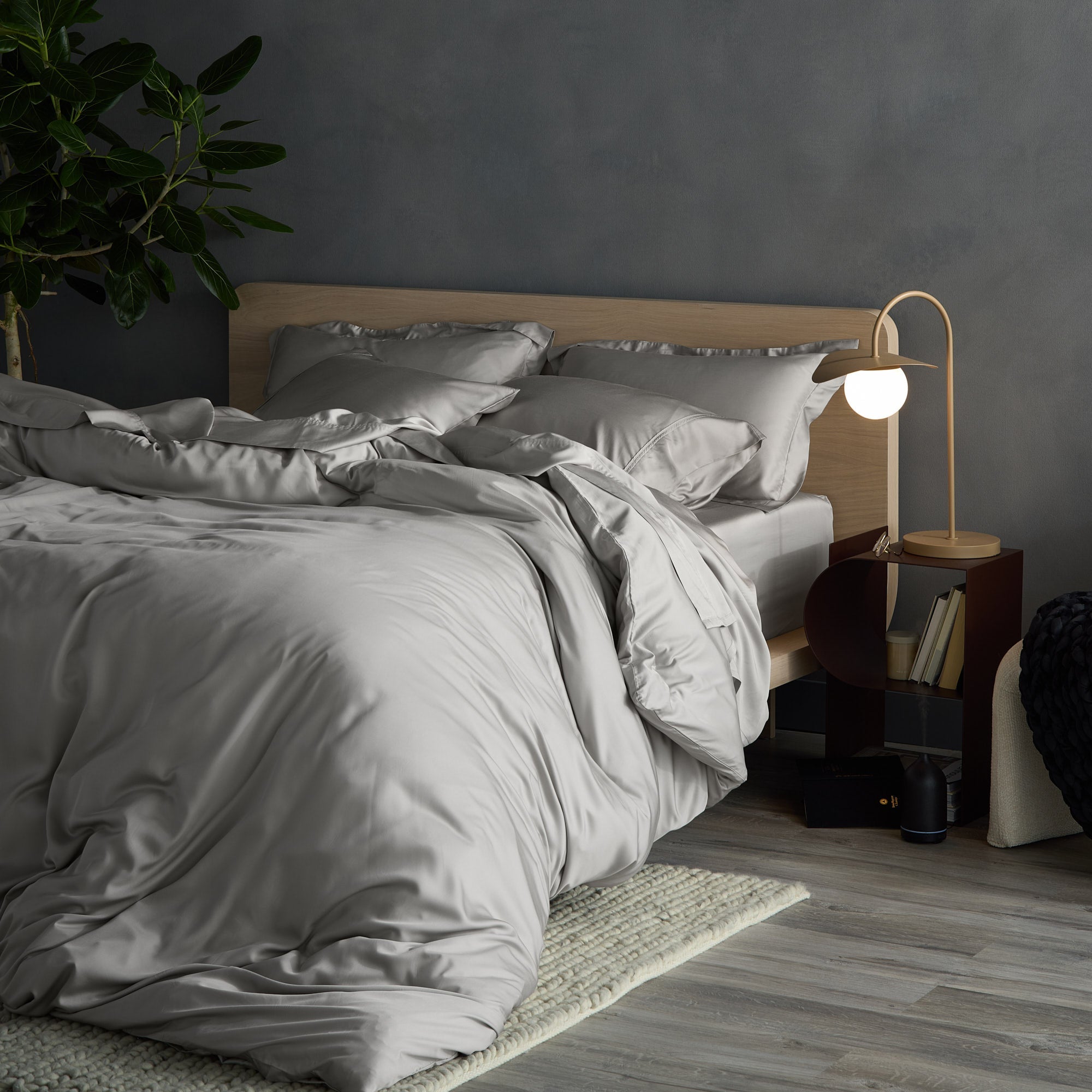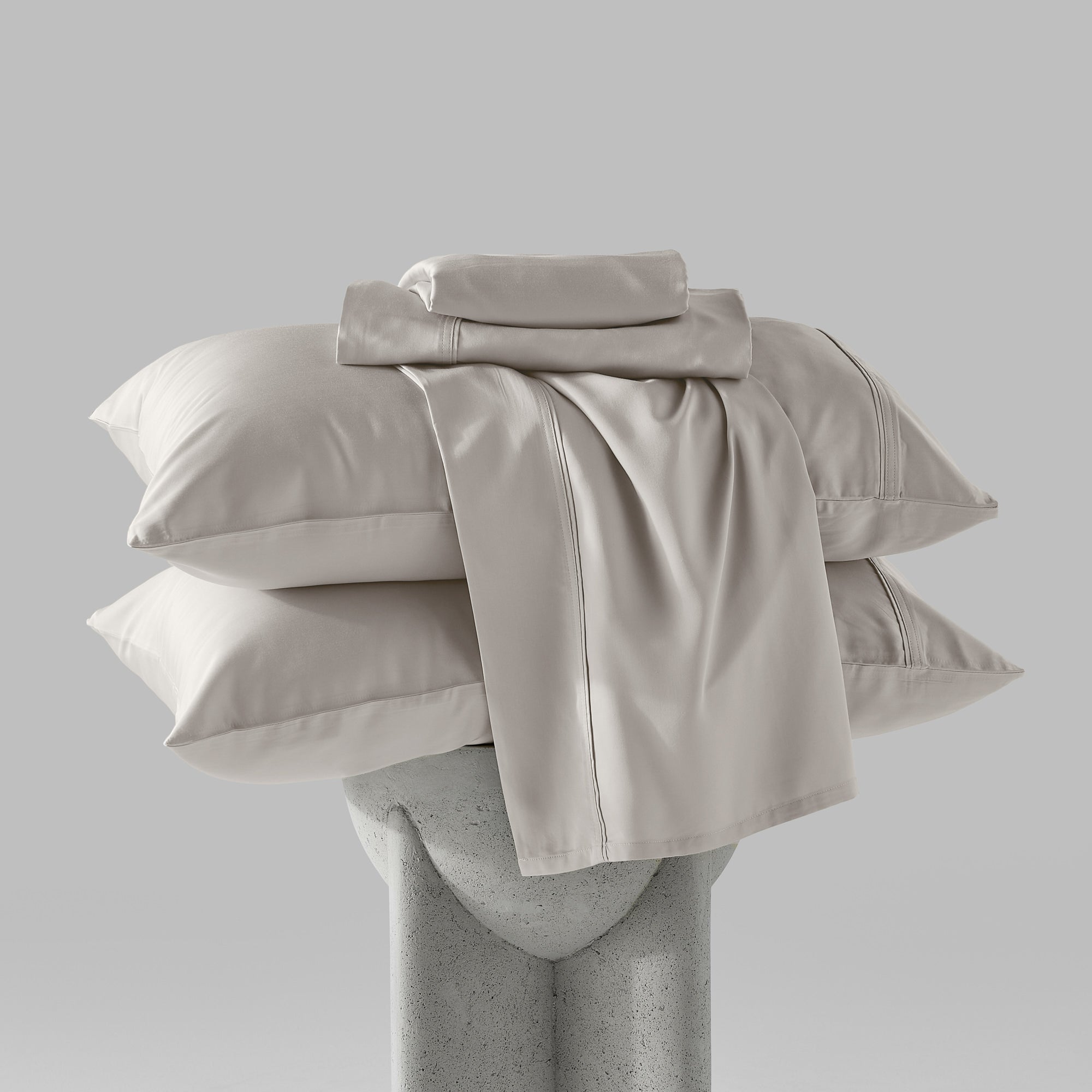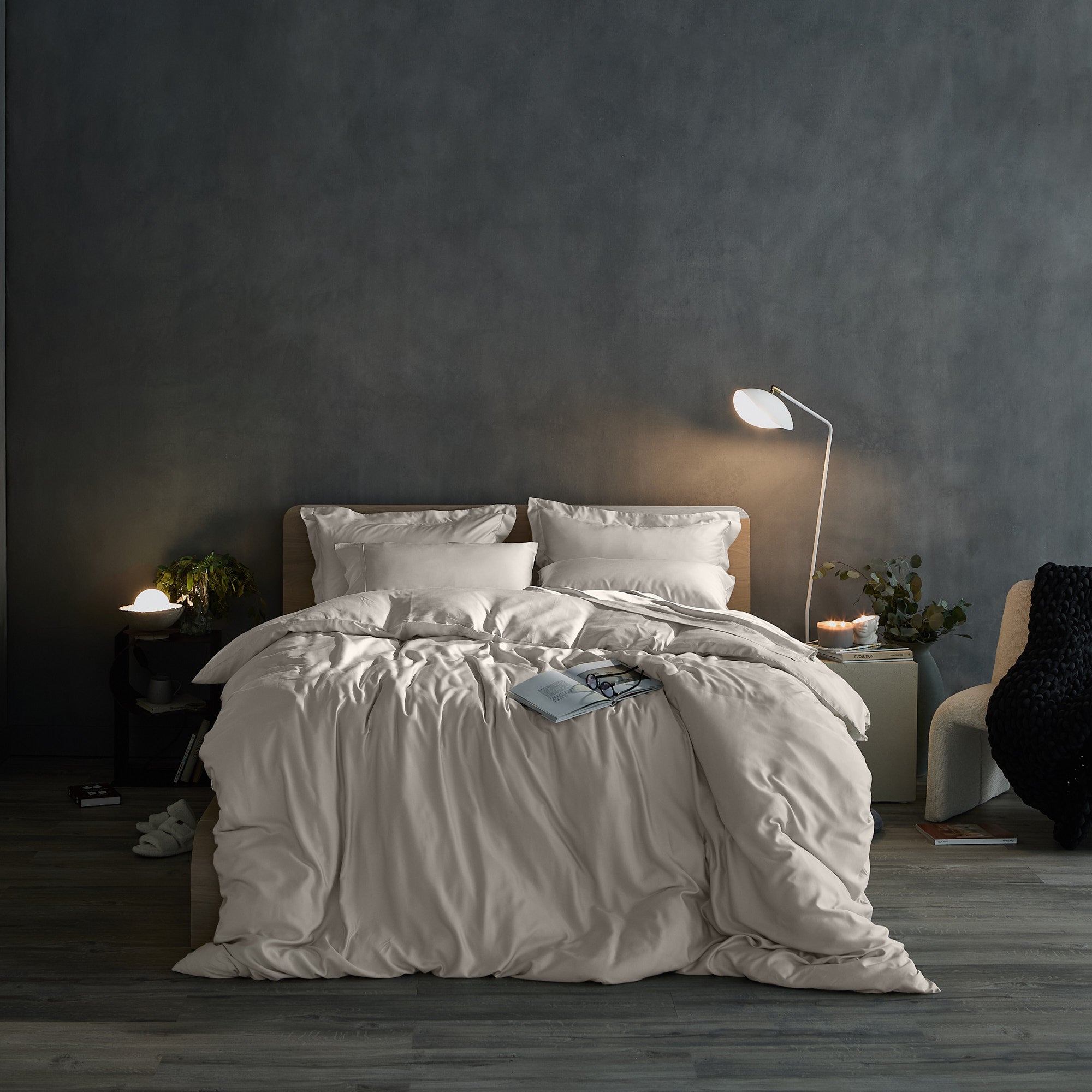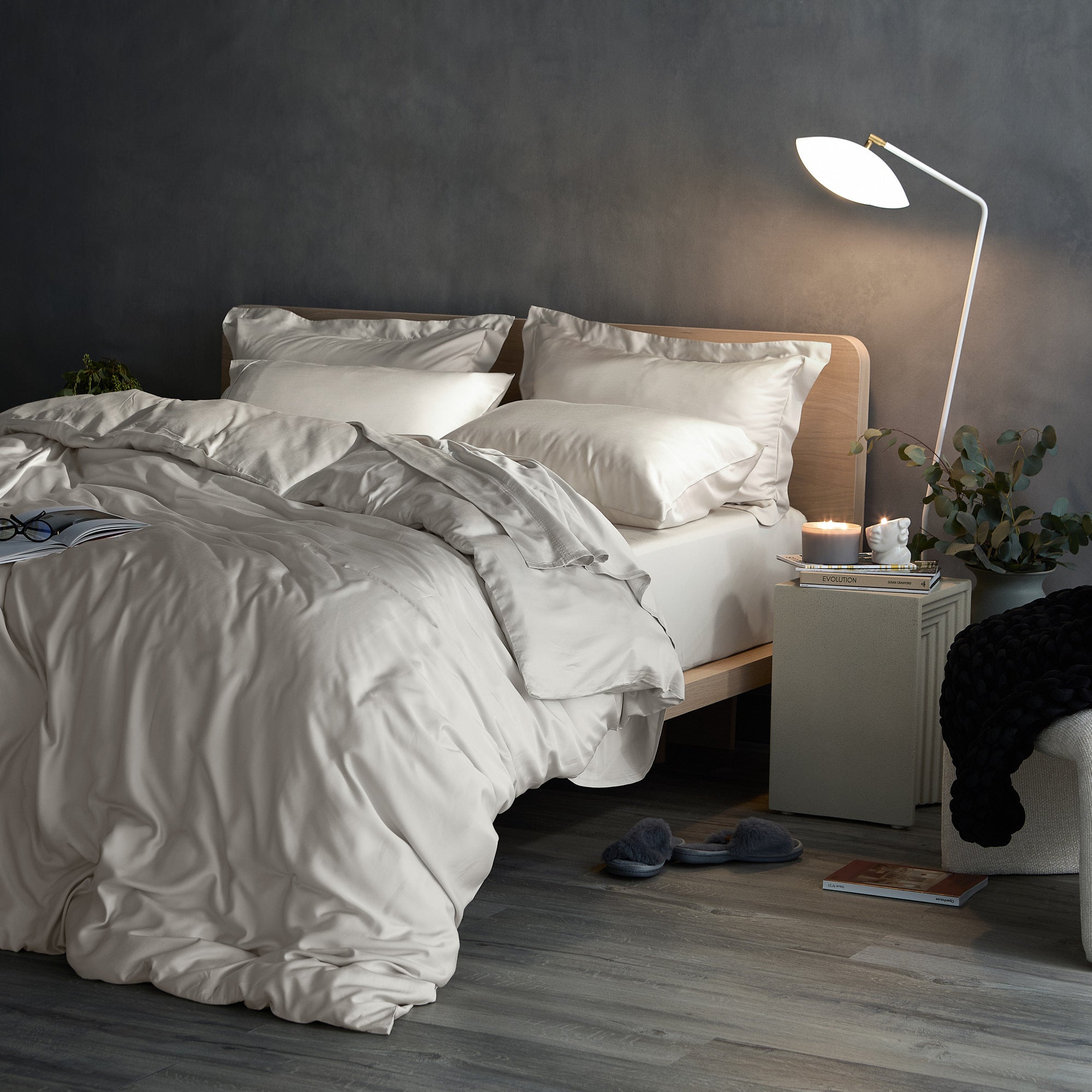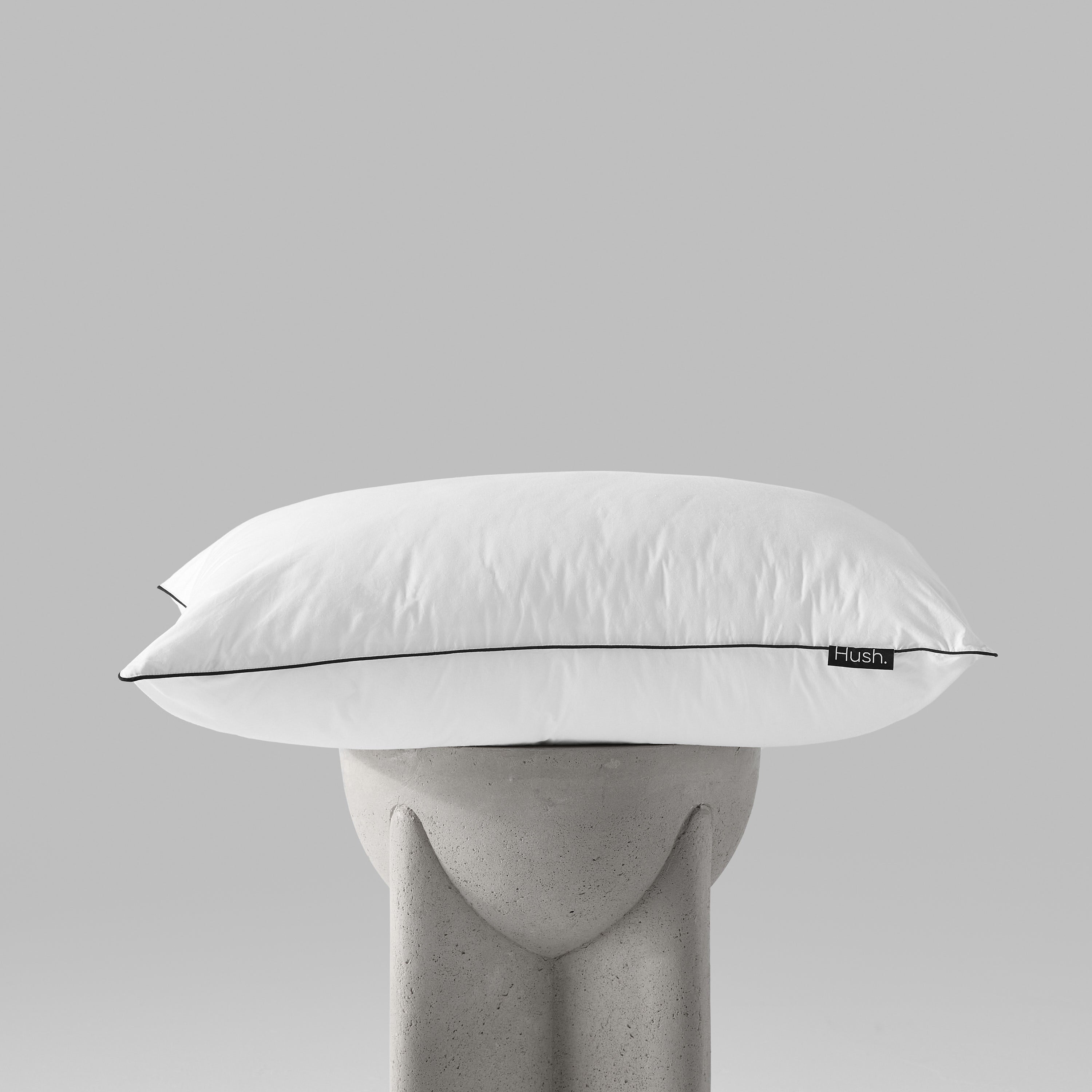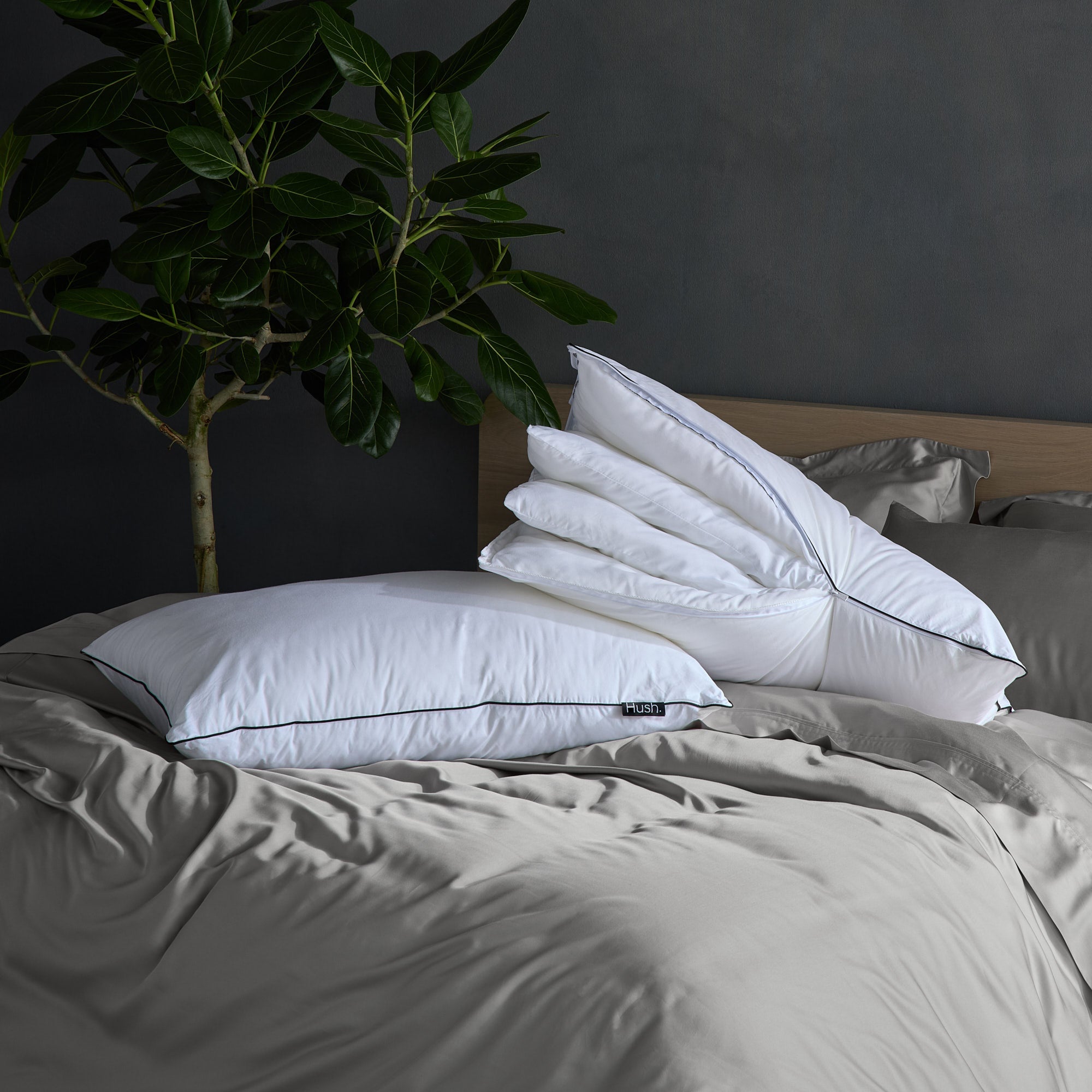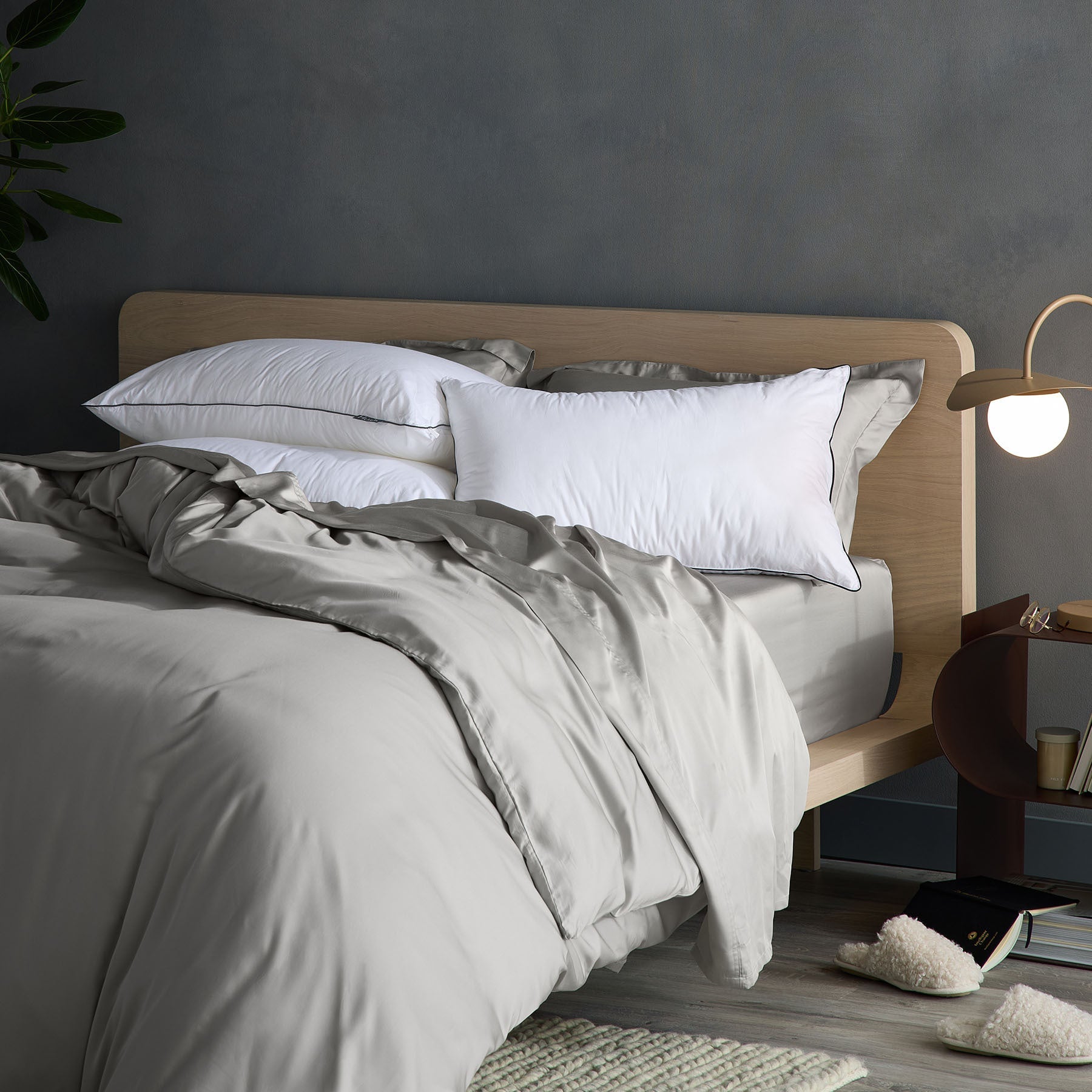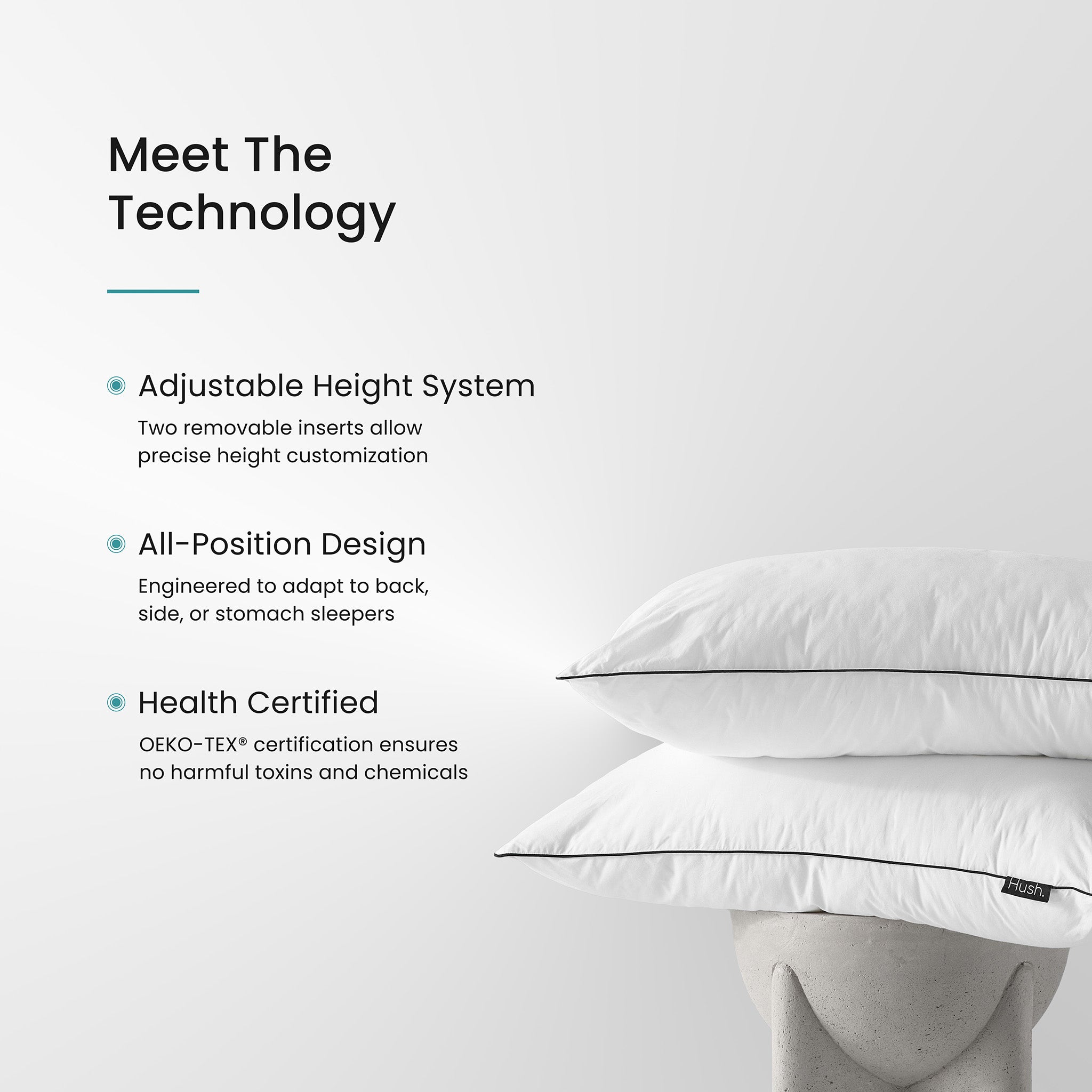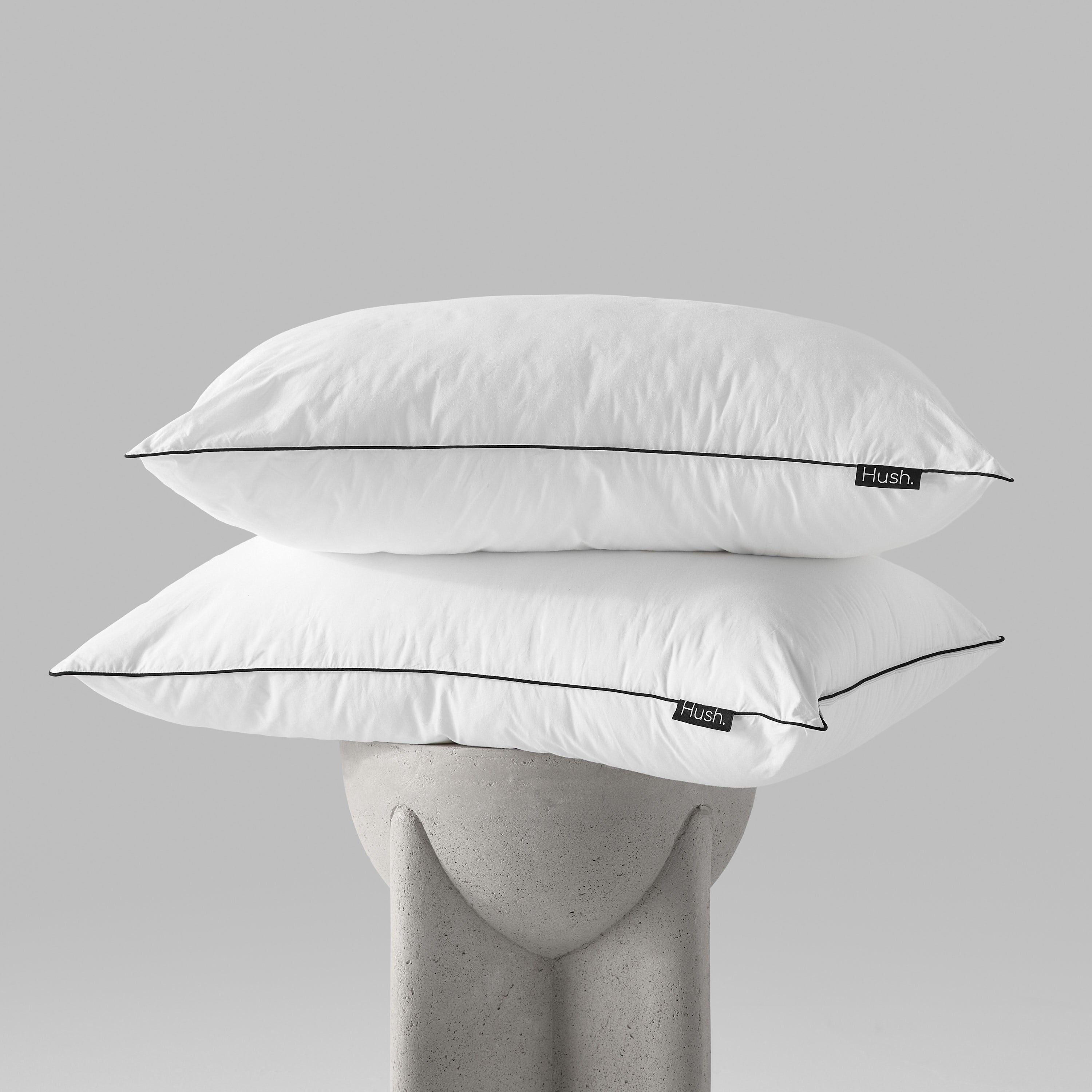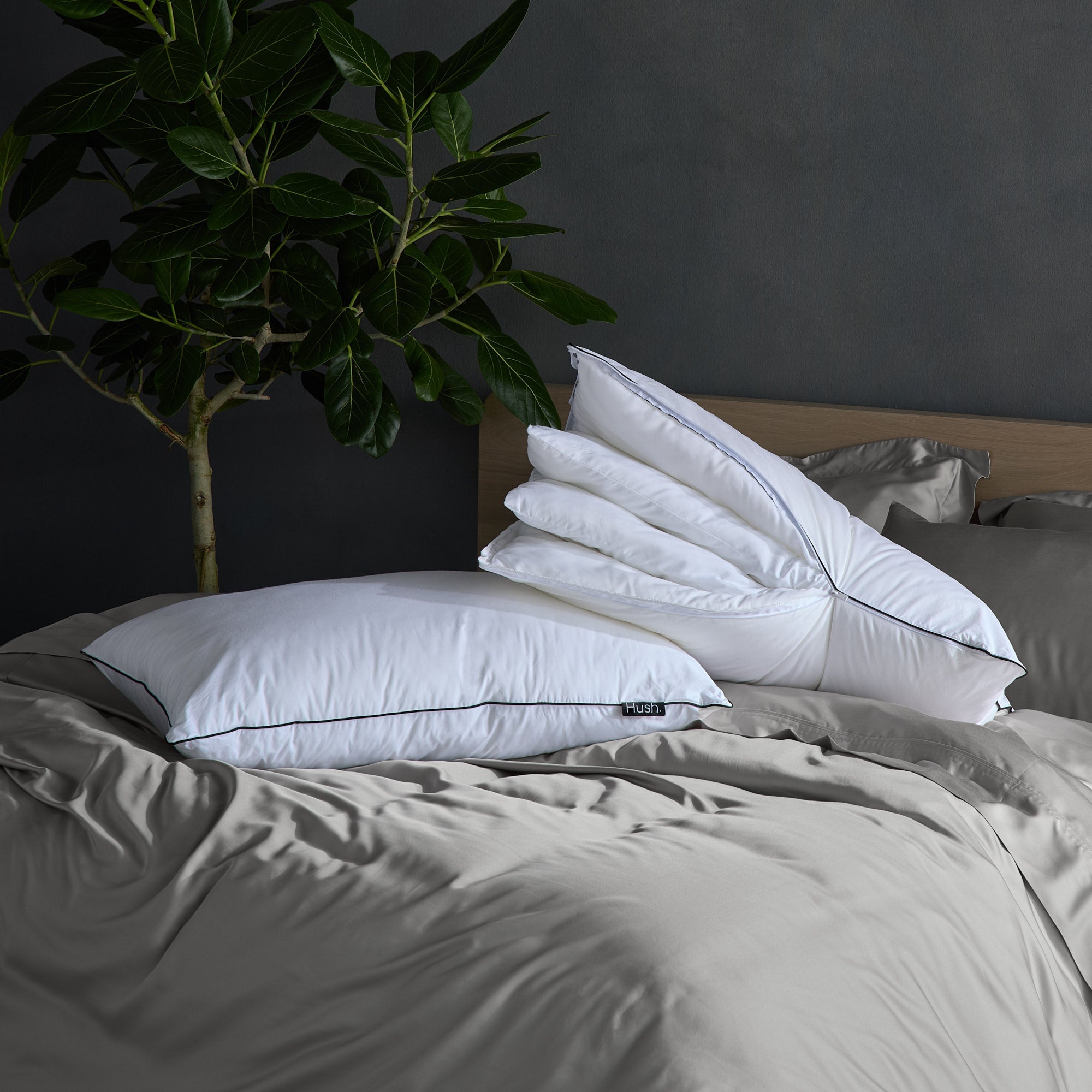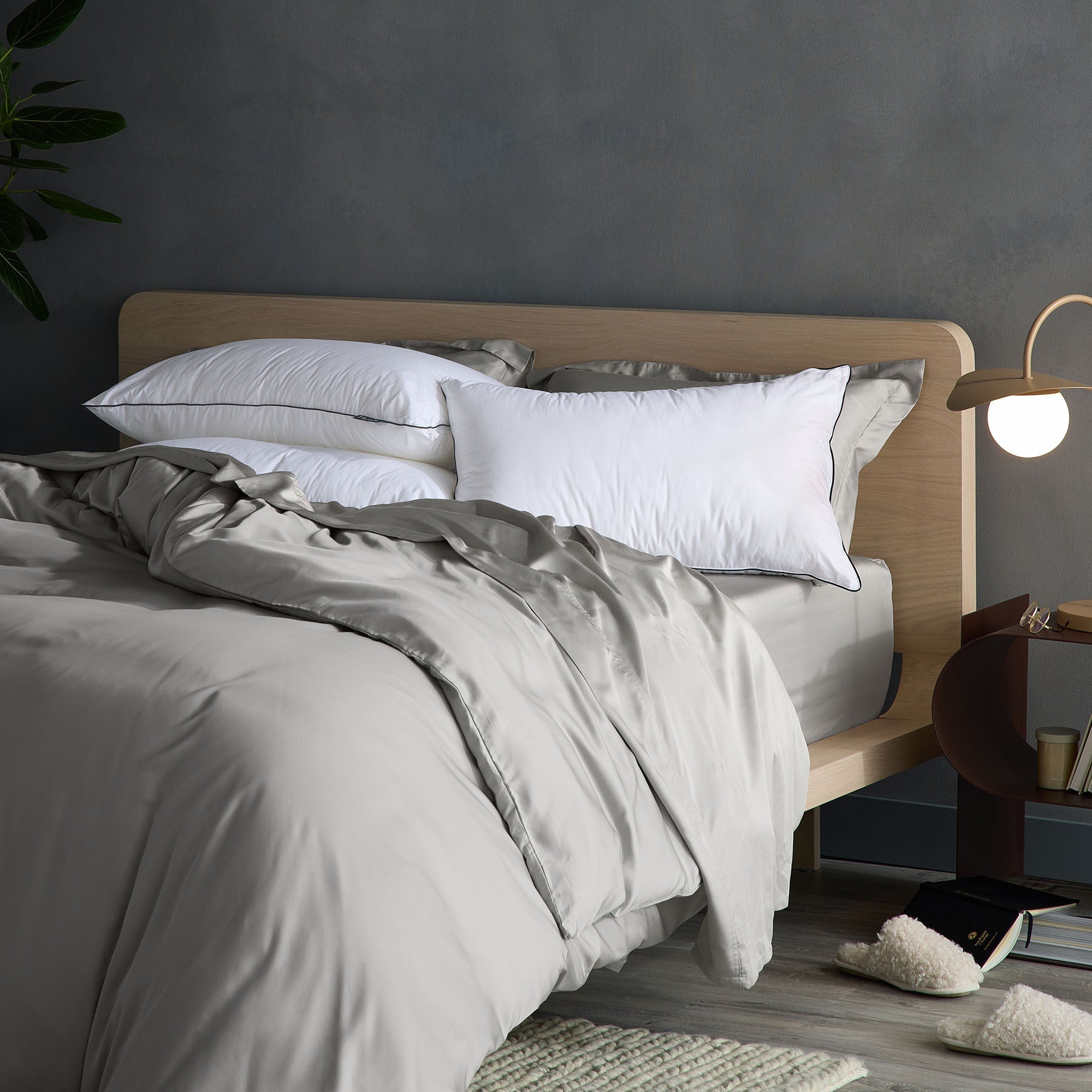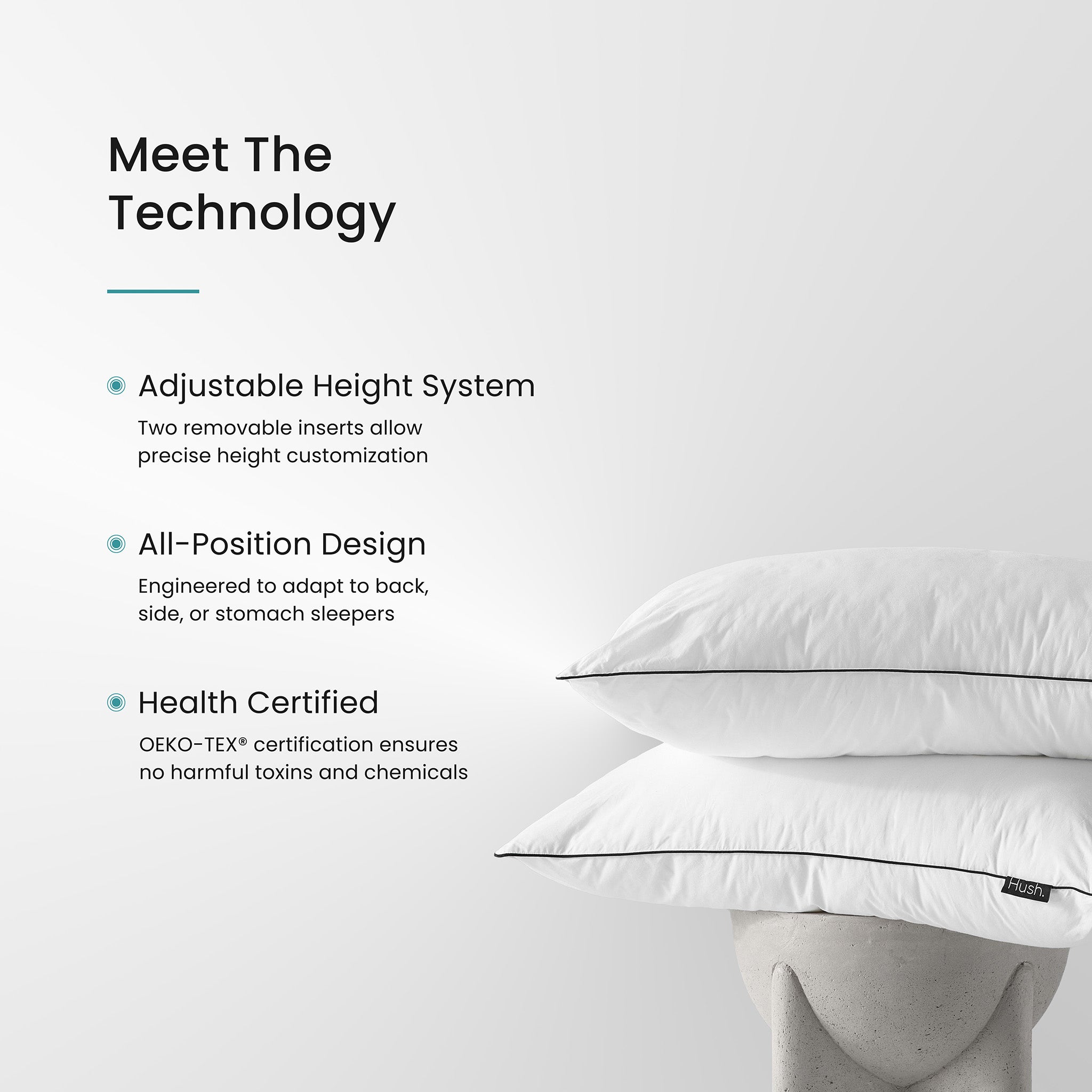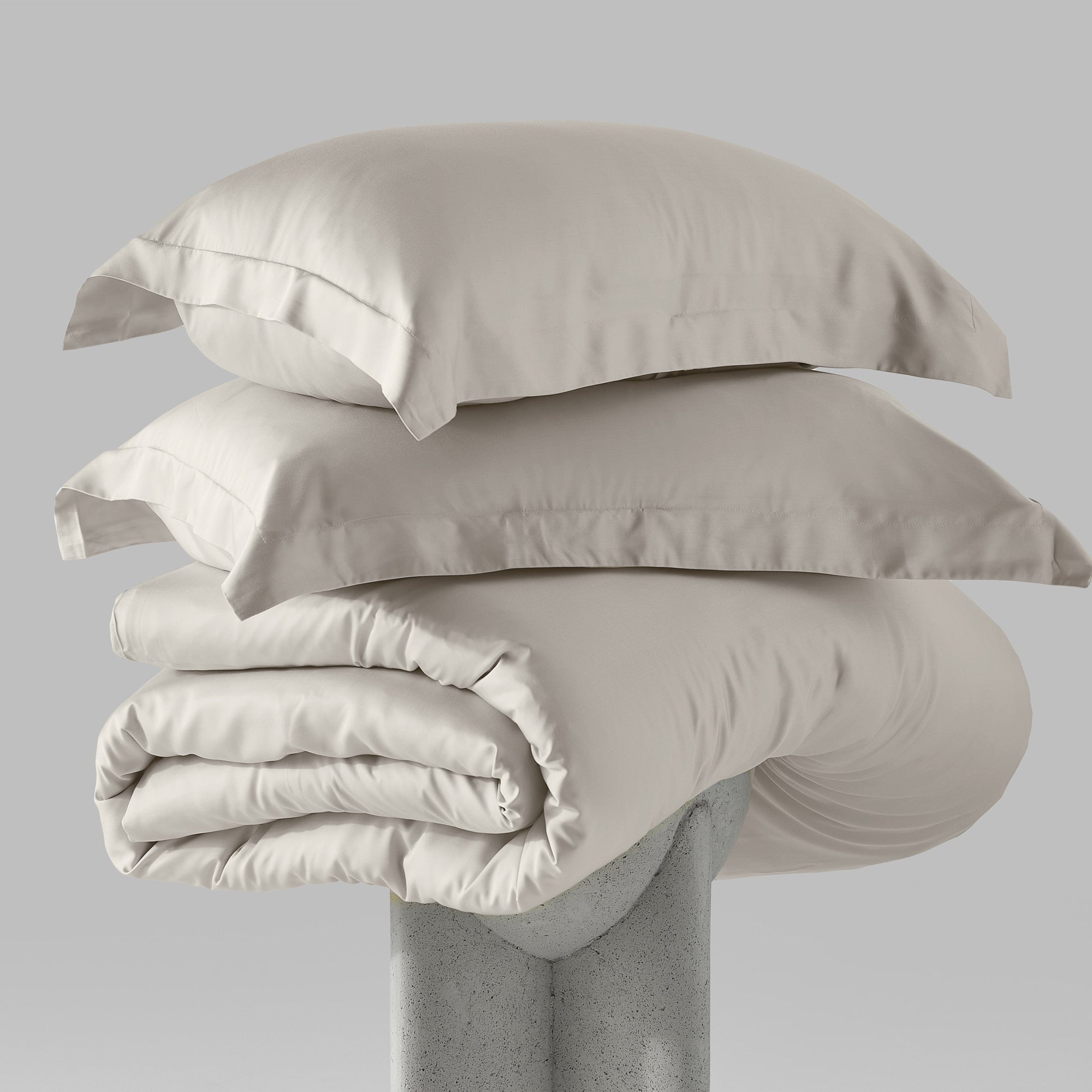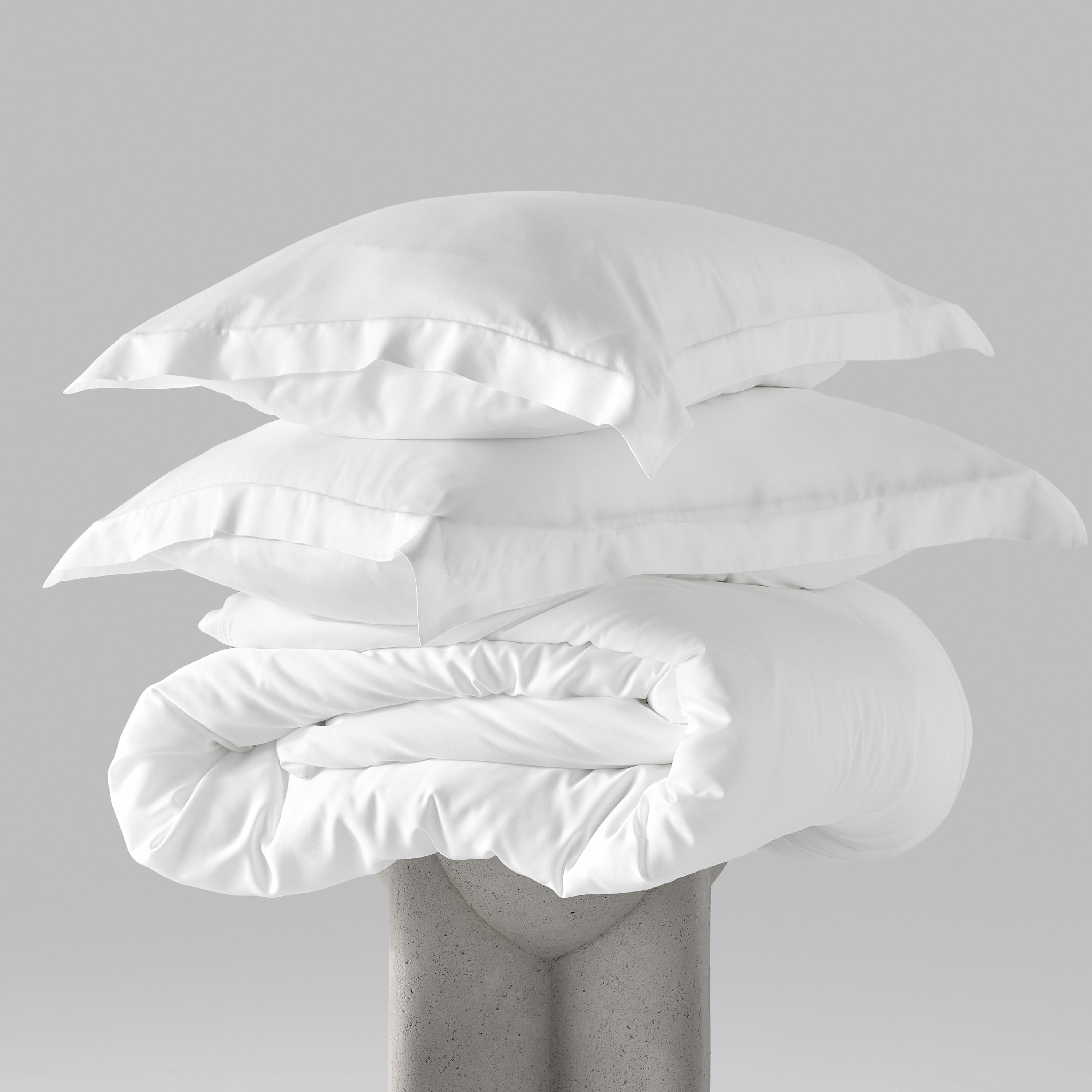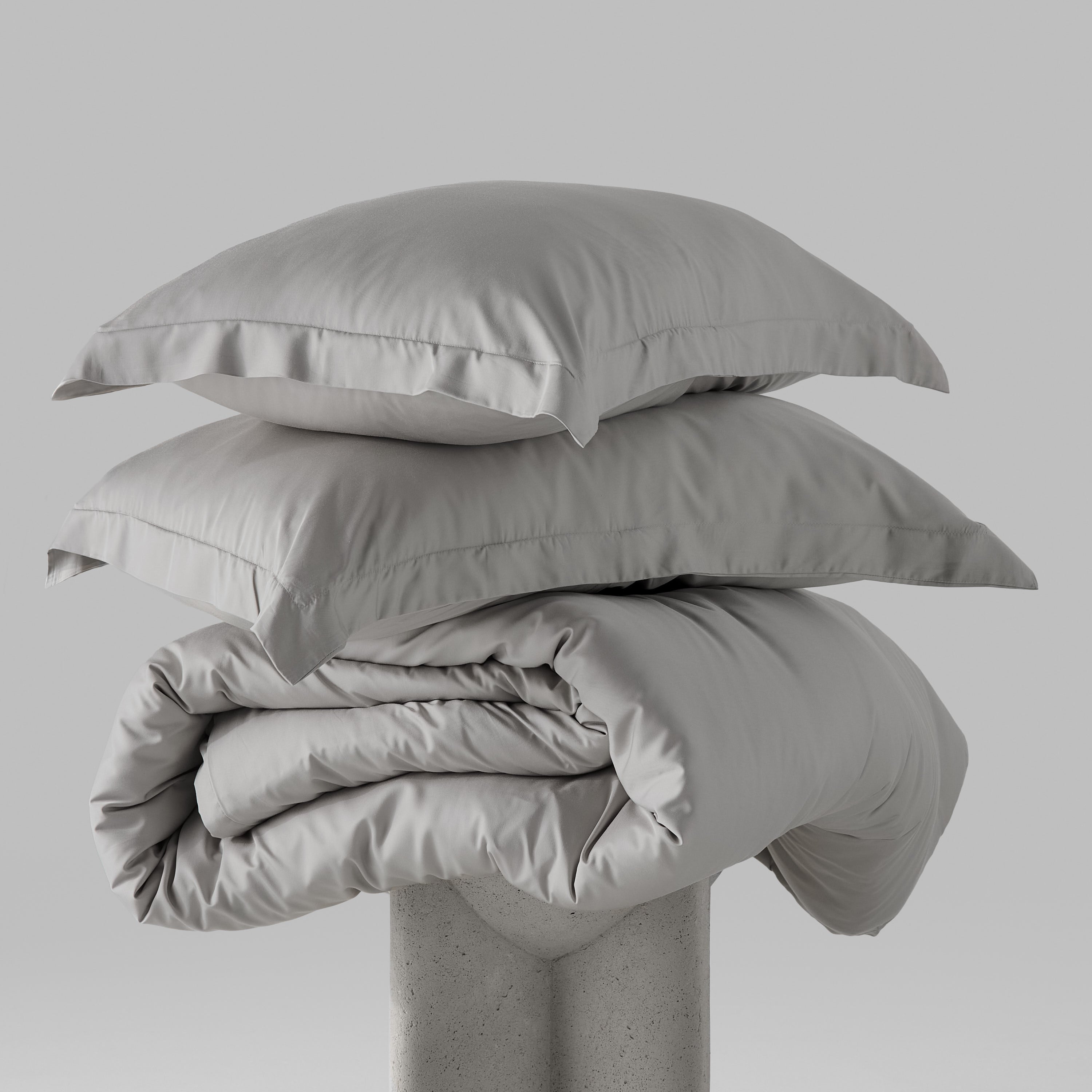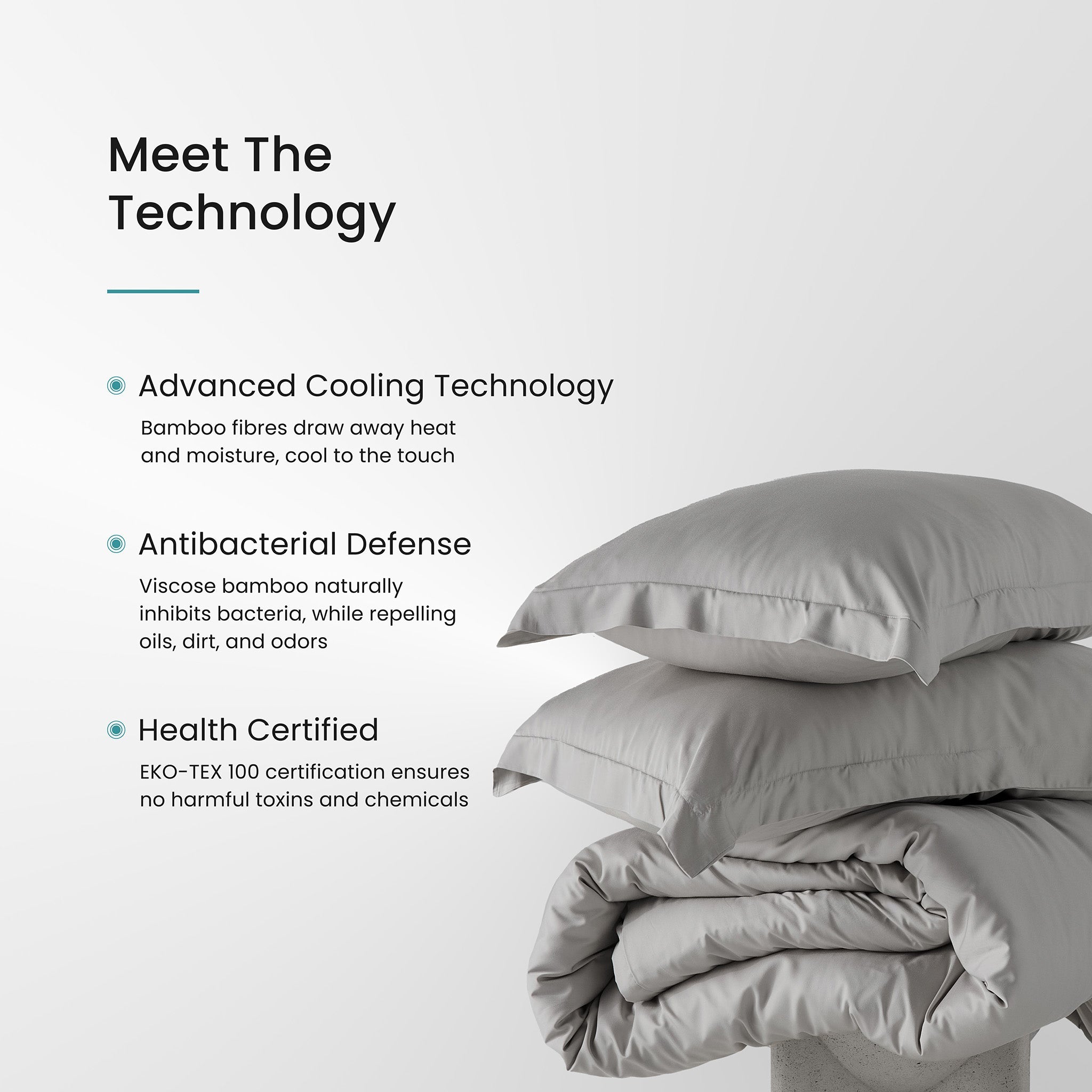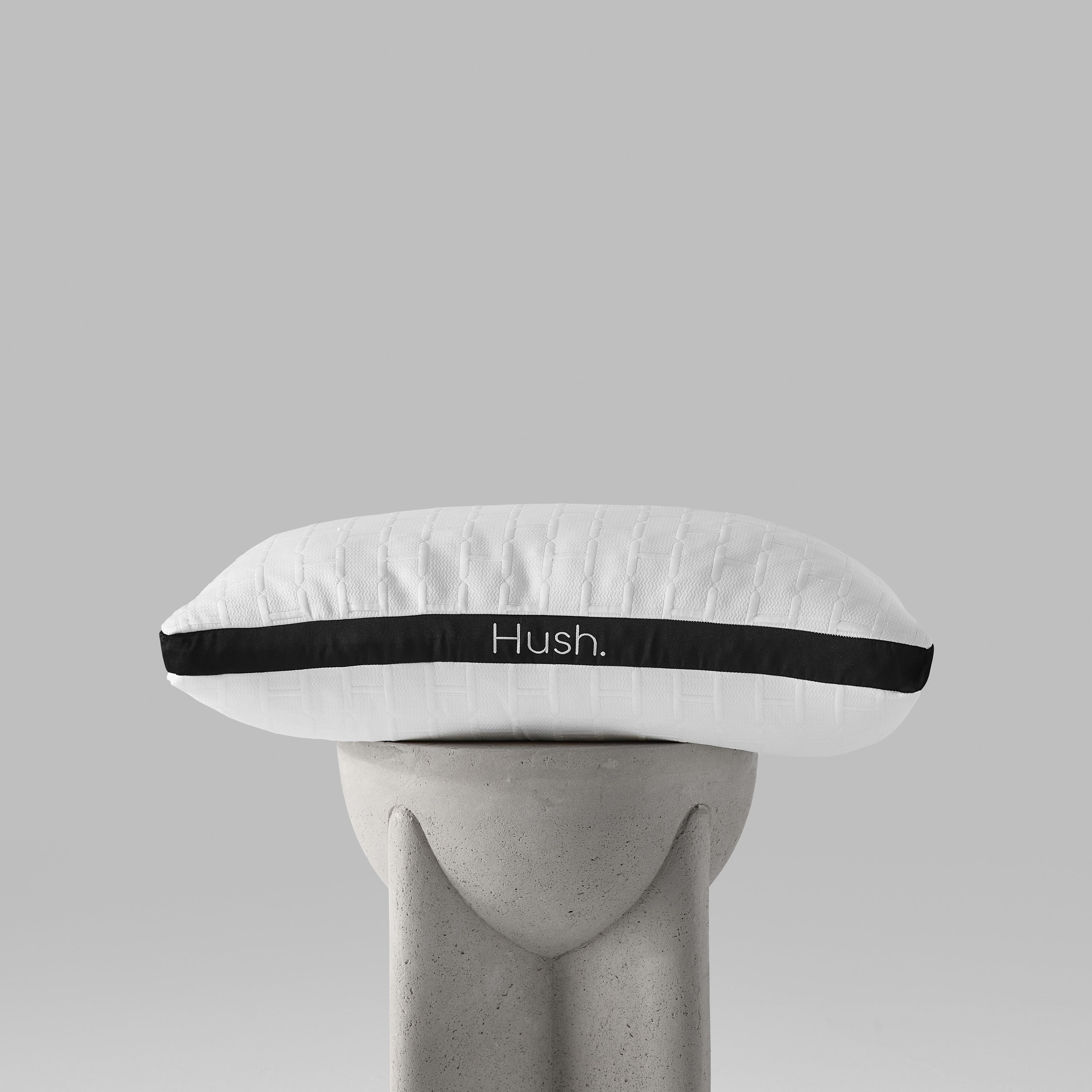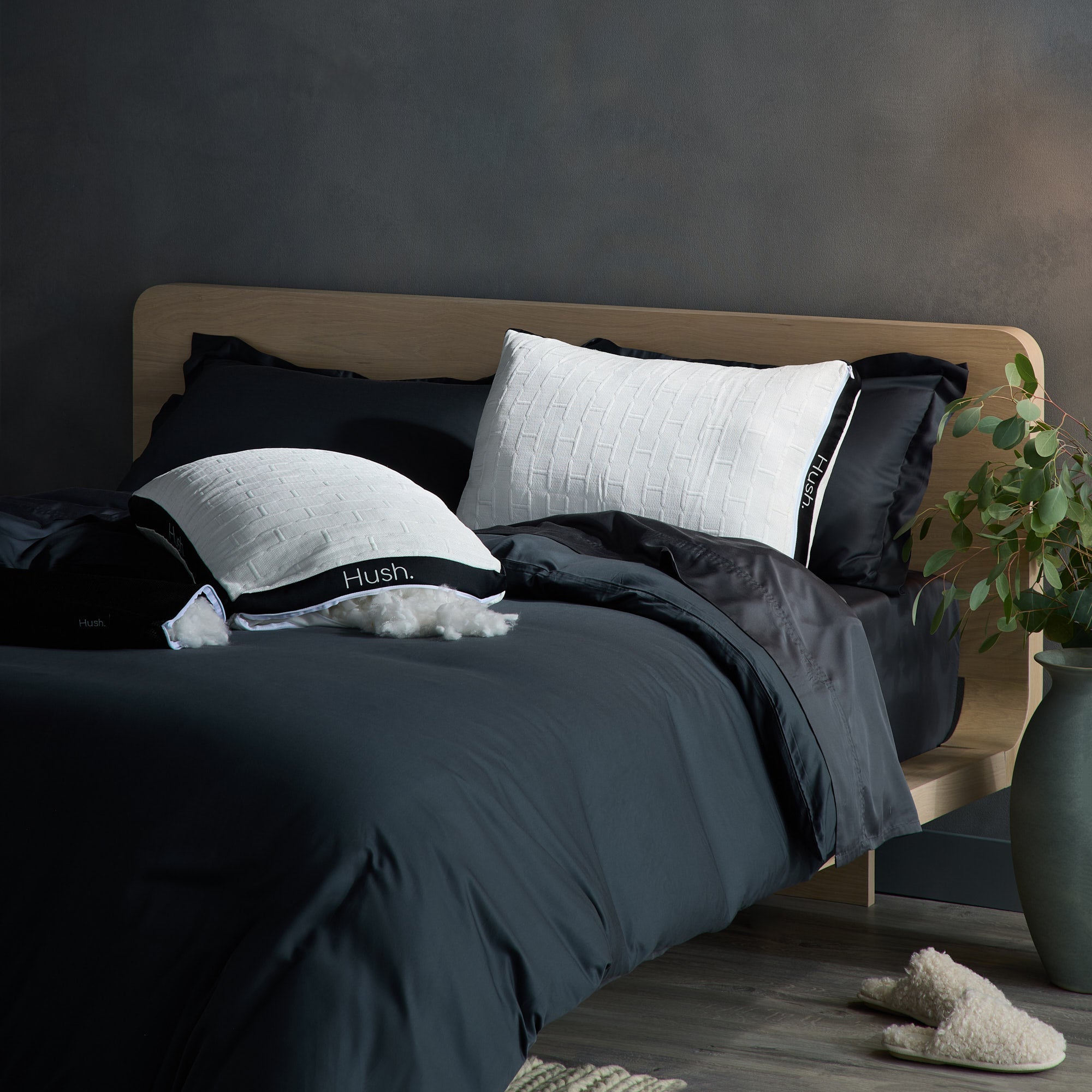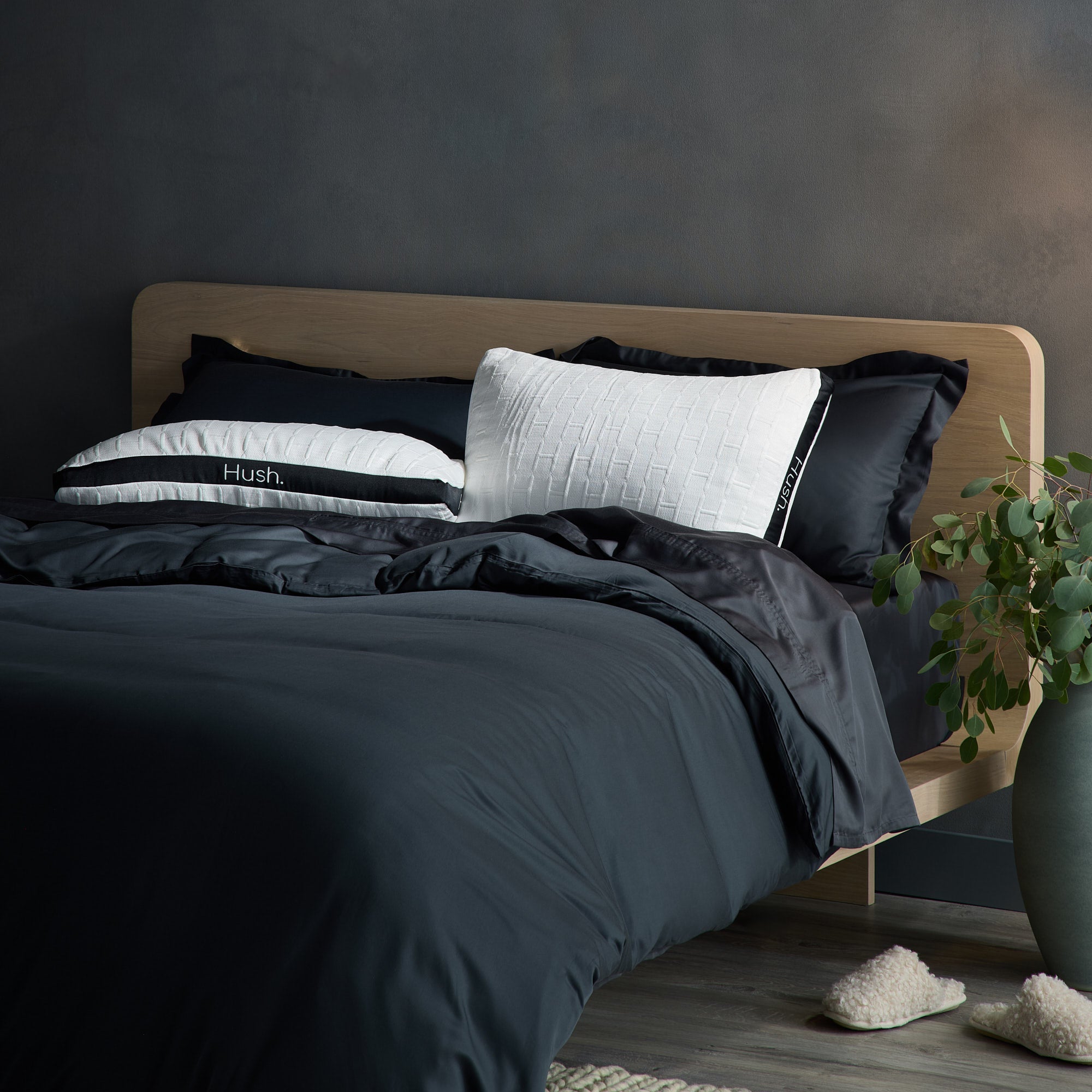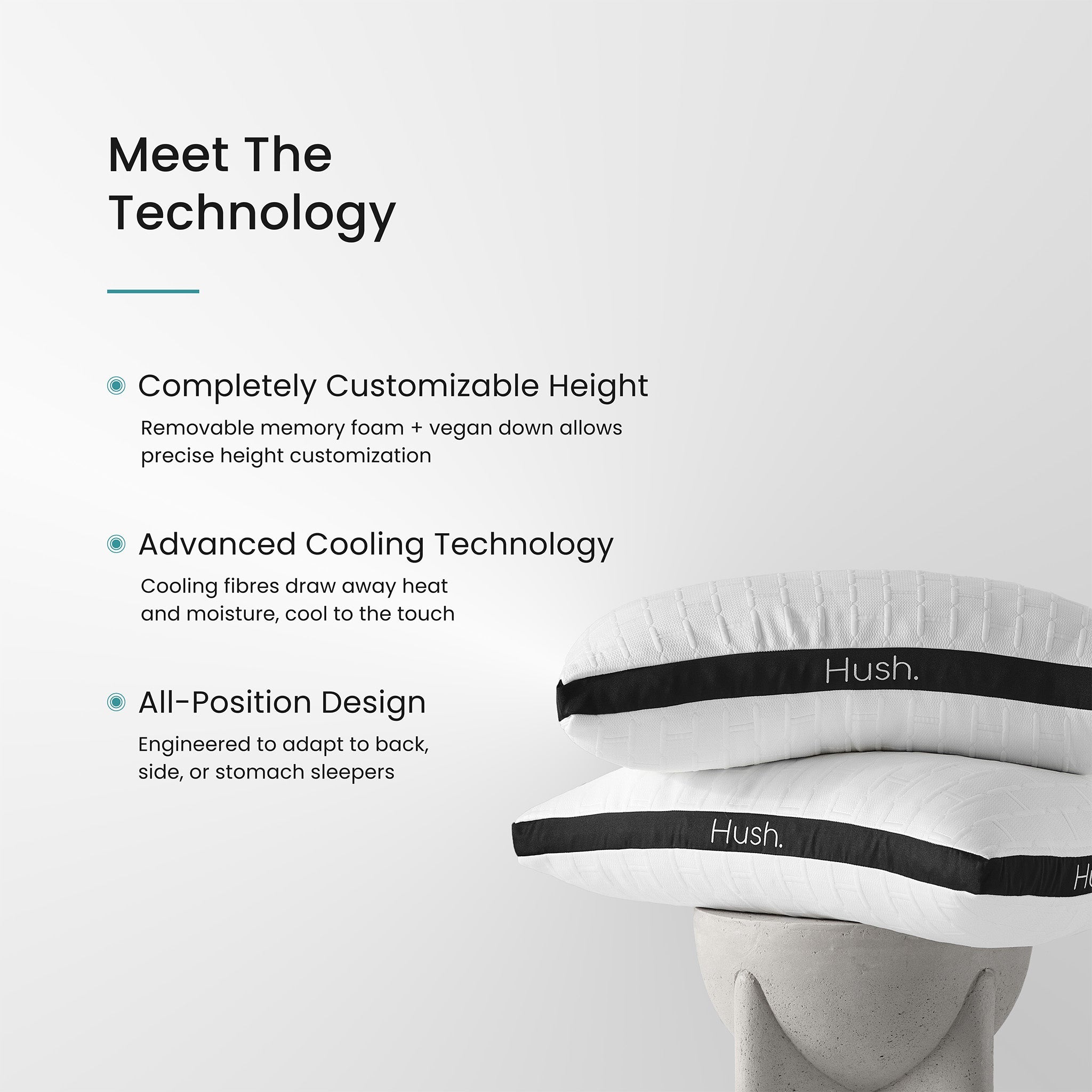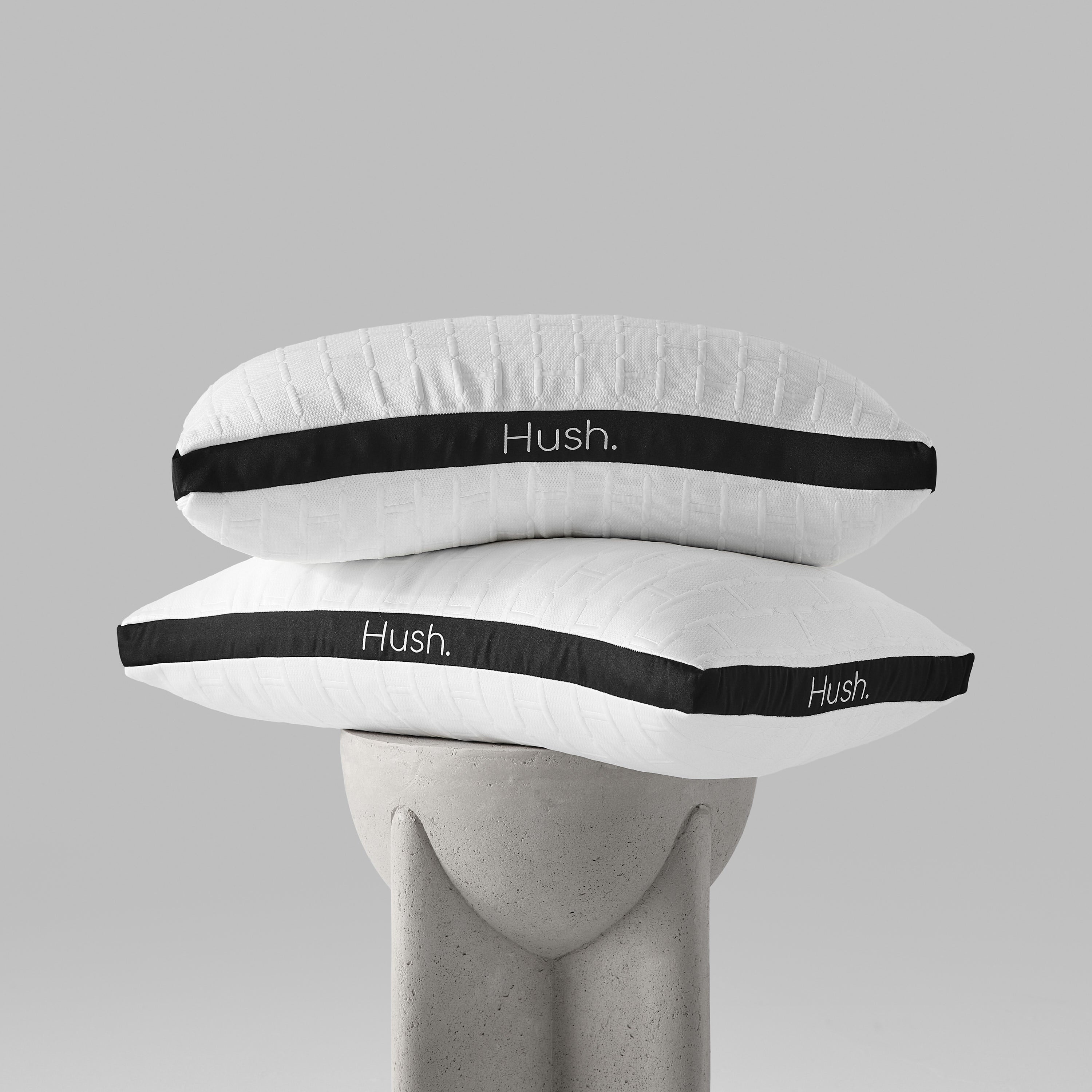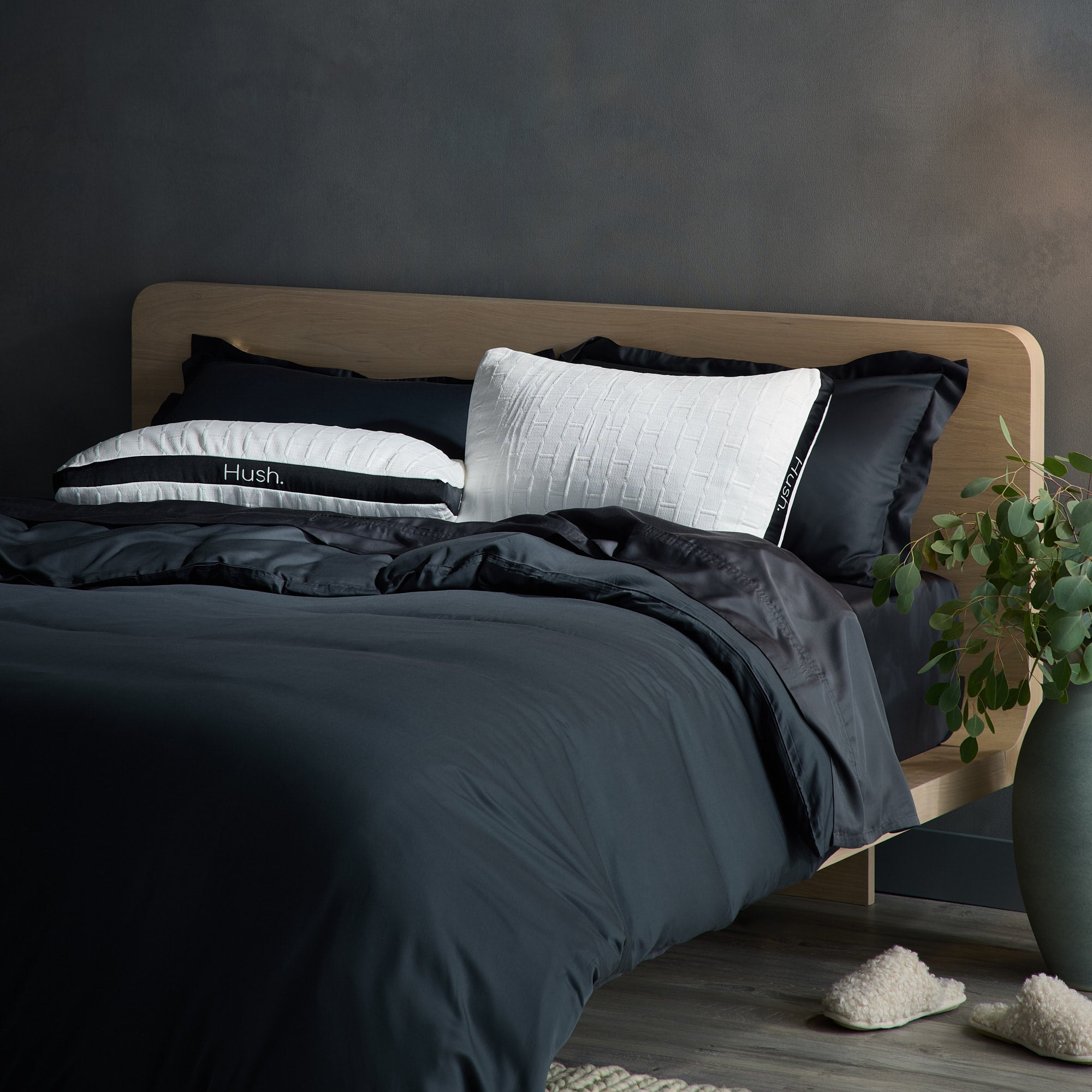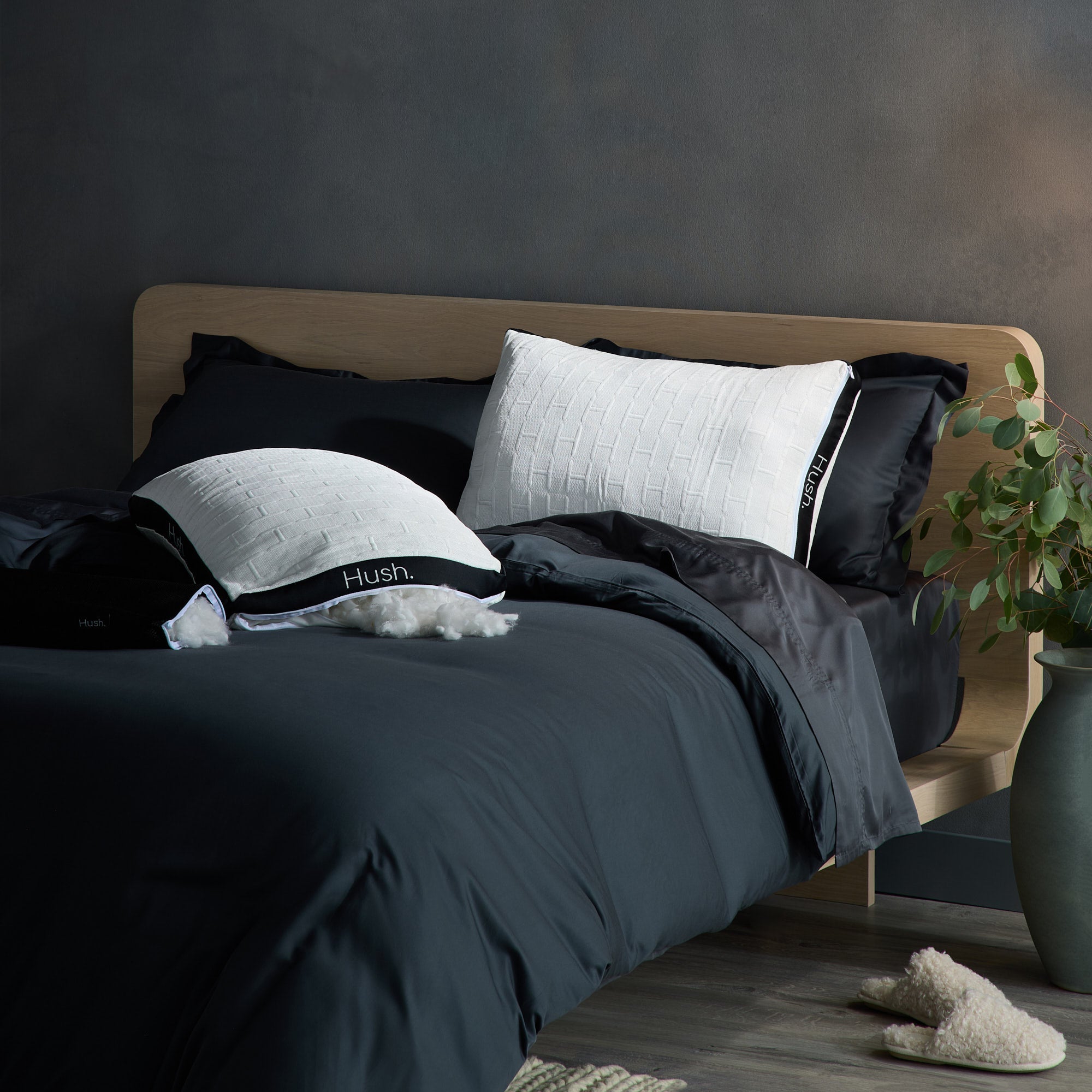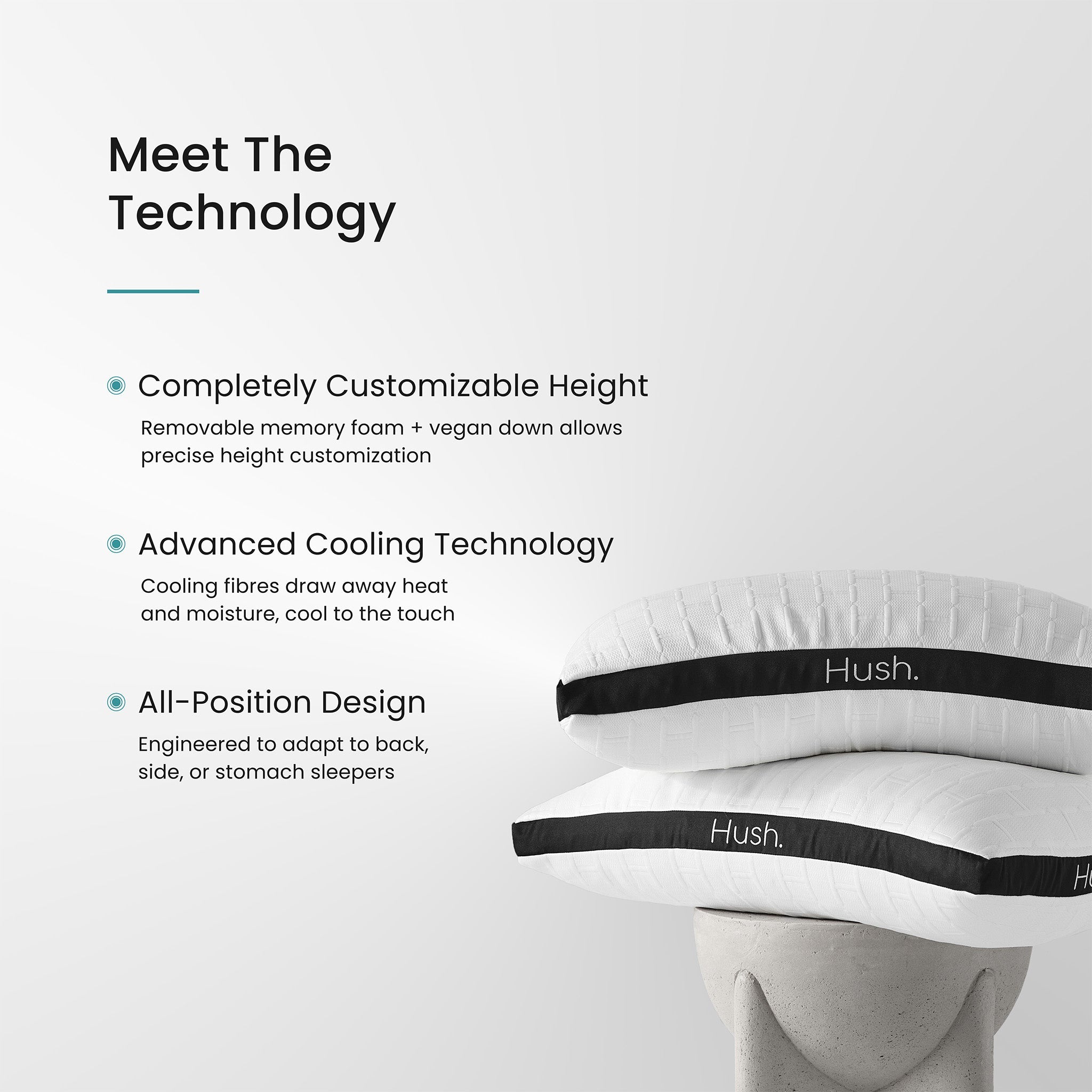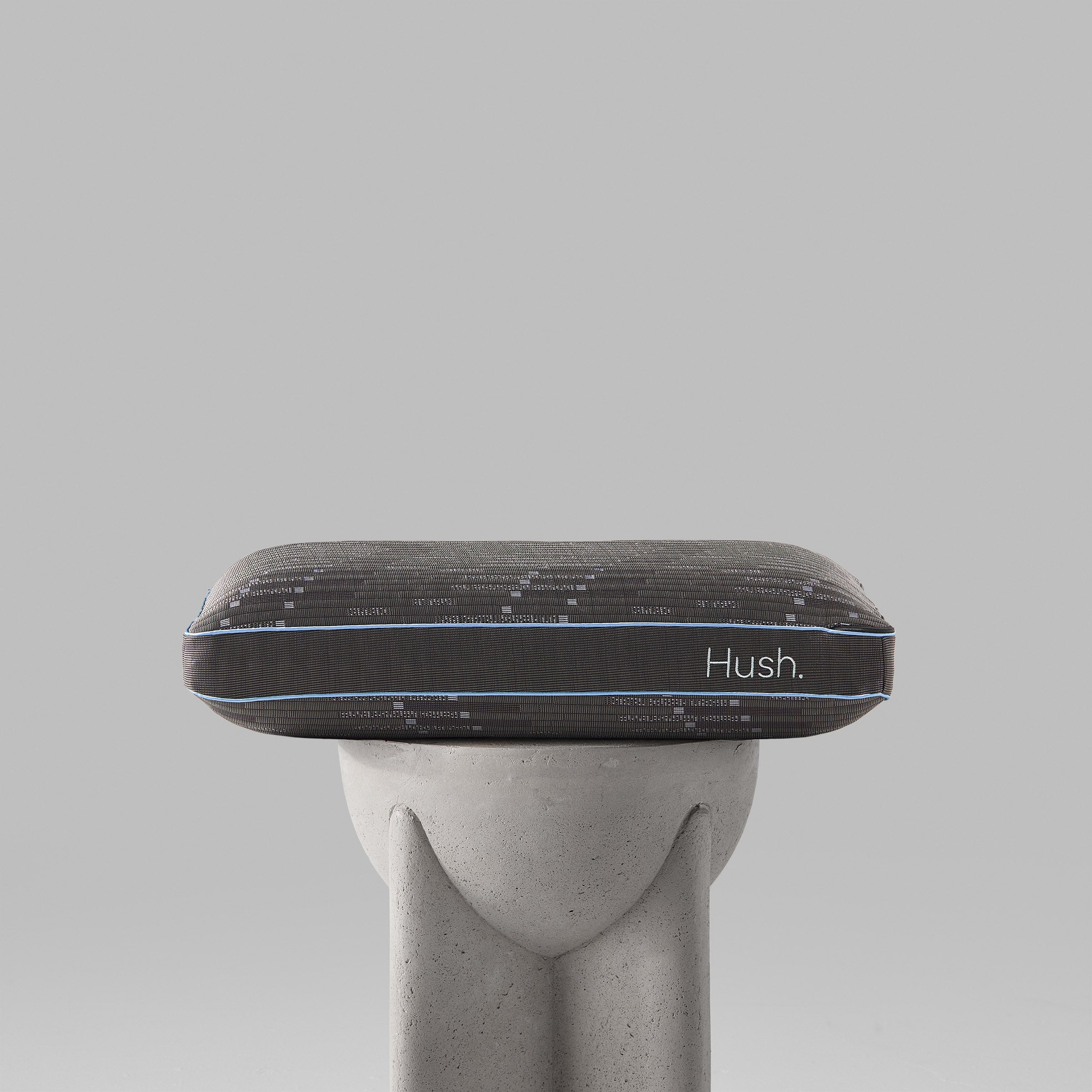Do Weighted Blankets Work?

Do weighted blankets work? The short answer is, yes, for most people. Studies have shown weighted blankets can help people with many chronic conditions — including insomnia, chronic pain, and anxiety — feel calmer and get more restful sleep.
How Do Weighted Blankets Work?

Yes, they work, but how do weighted blankets work? Essentially, weighted blankets provide a firm, deep pressure stimulation known as deep touch pressure (DTP) therapy. DTP is a tactile sensory input that results in a reassuring, cocooning feeling, which helps calm individuals down.
When you drape a weighted blanket across you, it gives a light, soothing pressure, and when you move, it produces a feeling similar to being stroked. When you get this stimulation, it triggers the release of both serotonin and dopamine, “feel-good” hormones that make you feel more relaxed.
The pressure of a weighted blanket slows your breathing, which reflexively slows your heart rate and lowers your blood pressure. Your brain releases the feel-good hormones, and you start to relax and calm down.
Now that we've answered if weighted blankets work, let’s look at the history of weighted blankets and their use.
The History of Weighted Blankets

The history of weighted blankets always comes up when you’re looking at the question, “Do weighted blankets work?”
Weighted blankets got their start with occupational therapists. They come from the squeeze machine, which is a therapy tool created by autism researcher, Temple Grandin.
When she was young, Dr. Grandin saw cows being led through a compression device designed to hold them in place when they received vaccinations.
While the cows initially displayed anxiety, Dr. Grandin realized that they became calm and docile when the machine squeezed them.
Dr. Grandin used this idea to develop a DPT device to provide comfort to individuals with autism. She wanted the benefits of a hug without the irritation of being touched by people.
Dr. Grandin created the squeeze machine, a device that could help individuals with autism and other sensory processing disorders get the positive benefits of a hug without feeling confined or cornered.
This therapy tool applied firm but gentle pressure throughout the patient’s body and stimulated the release of feel-good hormones in their brain. The squeeze machine helped lower cortisol levels and alleviate stress and anxiety, but it was bulky and expensive — therapists wanted a lightweight device that could achieve the same benefits.
Enter the weighted blanket.
Do Weighted Blankets Work for My Condition?

Weighted blankets can help people relax and get better sleep, but do weighted blankets work for people with chronic conditions? For many conditions, the answer is yes, deep pressure therapy and the resulting release of hormones can help you relax and drift into a deeper, more restful sleep. Here are some of the conditions that weighted blankets support.
Anxiety
According to a study in the National Library of Medicine, adults who used a heavy weighted blanket had lower brain activity (fewer reports of racing thoughts) and lower anxiety. Because of the quick physical response weighted blankets provide, 78% of the participants chose the weighted blanket as their preferred calming method.
A literature review by Northwestern College showed that weighted blankets are “efficacious anxiety-reducing agents” for patients with symptoms of anxiety.
Insomnia
Weighted blankets can help people who suffer from insomnia get better, deeper sleep.
A study from SciMedCentral found that sleep time increased while movement during sleep decreased when participants used a weighted blanket. Participants found it easier to settle down and fall asleep, and they felt more refreshed in the morning.
According to a study in the Journal of Clinical Sleep Medicine, weighted blankets helped significantly decrease depression and anxiety in participants with insomnia and other sleep-related daytime symptoms from psychiatric disorders.
Weighted blankets help people who suffer from anxiety get the beneficial sleep they need, so they are better able to manage their symptoms and handle everyday situations.
ADHD
People who suffer from Attention Deficit Hyperactivity Disorder (ADHD) also benefit from weighted blankets.
A study from Karolinska University Hospital Huddinge in Stockholm evaluated the clinical use of weighted blankets for insomnia in patients with ADHD. Results illustrated a reduction in the average time it took patients to fall asleep. There were also significant improvements in several other sleep-related issues. After a year of weighted blanket use, study participants maintained their results when they continued to use weighted blankets.
Weighted blankets help people with ADHD to get better sleep because they fall asleep more quickly and have longer, deeper sleep.
Autism
This study from Iranian Journal of Child Neurology explains that children with autism spectrum disorder (ASD) experience more sleep problems, which can cause more restlessness, tantrums, stereotypic activities, and reduced learning and speaking power.
Interventions, such as weighted blankets, can improve sleep quality and quality of life for children with ASD. They also have no adverse effects. This means they can be safely used to support sleep or whenever the child needs help regulating their emotions.
Adults with autism also benefit from weighted blankets. They can calm restlessness and improve body awareness. Data shows benefits in sleep, sensory issues, and stress reduction from the use of weighted blankets.
How to Choose a Weighted Blanket
Weighted blankets are made of an inner weight layer and an outer layer. Both layers can be made from different materials, so there are plenty of options.
There are also many different weight options and sizes. Weighted blankets are generally safe. And to be as safe as possible, keep in mind that the weight of the blanket should be around 10% of your total body weight.
Inner Weight
The inner weight can be made from several materials, including:
- Micro glass beads
- Steel shot balls
- Polyfill beads or plastic pellets
- Organic materials like sand, rocks, or beans
Micro glass beads are the highest-quality material because their small size allows them to conform to your body more, making the blanket more comfortable. Glass beads are also better for transferring body heat away from your body, making you less likely to overheat when you use your weighted blanket.
Organic materials may seem like they are a great option, but they make weighted blankets difficult to maintain. You cannot get the inner weight wet, and they tend to hold more bacteria than other materials.
Outer Cover
Outer covers can come in a variety of fabrics, like minky and bamboo viscose. If you’re a warm and cozy blanket lover, minky would be a great choice. It’s a synthetic material that is high-quality and very soft. If you’re a hot sleeper, a cooling weighted blanket would be better because it pulls your body heat away from you so you maintain a comfortable temperature all night long. For even more cooling benefits, pair your cooling weighted blanket with cooling bamboo sheets.
To increase the practicality of your weighted blanket, look for one with a duvet cover. Then you can clean the parts more easily and change the covers to suit the seasons.
Now that you know a little about what weighted blankets are, you may be asking, “How do weighted blankets work?”
Find a Deeper State of Calm With a Weighted Blanket

The health benefits of weighted blankets are numerous — the answer to the question “Do weighted blankets work?” is a resounding, “Yes!” They are a gentle and effective way for people to support their wellness and get better sleep without the need for sleep medicine. The extra weight of a heavy blanket soothes the nervous system, helping the user feel calm, relaxed, and safe.
If you're ready to find a reliable, natural way to ease your anxiety and get a great night's sleep, check out Hush Blanket's 2-in-1 Bundle. The bundle has one inner weight and two interchangeable liners so you'll always have the best blanket for your needs. Plus Hush Blankets come with a 100-night money-back guarantee, so you can try and feel the benefits risk free.
